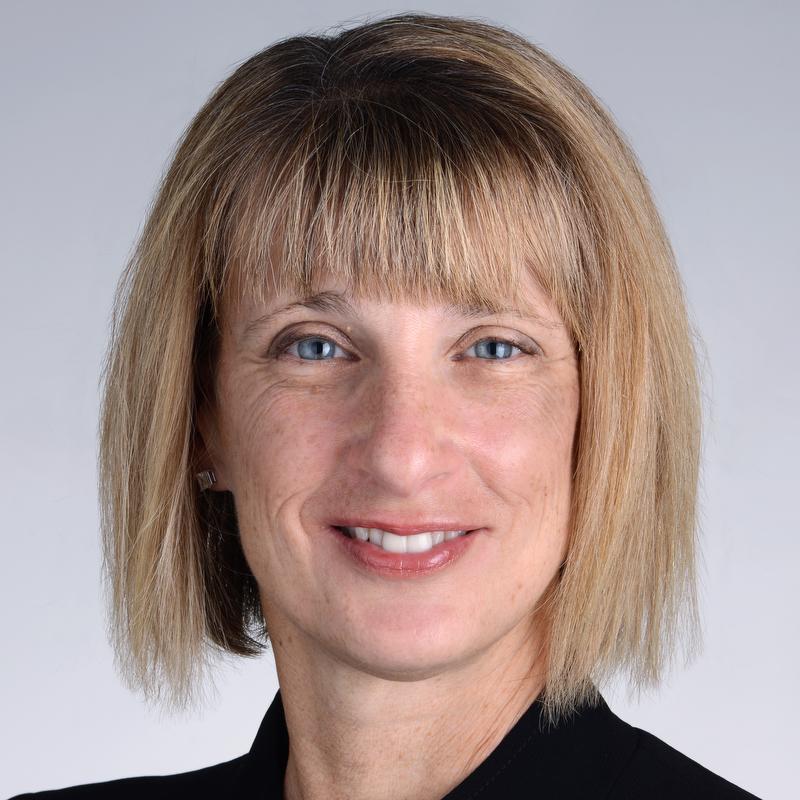

KL2 Scholar Alice Zhang, Ph.D., University of Kansas Medical Center
By Kelly Hale , Marketing & Communications Specialist
Aug 20, 2024
Project Title: Parent-Mediated Feeding Intervention for Children with Autism Spectrum Disorder via Telehealth: A Pilot Study
Project Summary: Feeding problems, including food selectivity and disruptive mealtime behaviors, are prevalent among children with autism spectrum disorder (ASD), leading to significant health impacts and stress for families. Despite various interventions, the most evidence-based approach—behavioral treatments grounded in applied behavior analysis—often lacks rigorous methodology and limits parent involvement and generalization to natural settings. This project aims to develop a parent-mediated feeding intervention, delivered via telehealth, for children with ASD aged 2-5, enhancing accessibility for rural and underserved families. The project will define key components through systematic review and expert feedback, refine the intervention using the Plan-Do-Study-Act (PDSA) cycle, and employ rigorous outcome measures to optimize feasibility and acceptability. This innovative approach will prepare the investigator for independent research in parent-mediated autism interventions and provide preliminary data for future clinical trials.
Mentors: Ann Davis, Ph.D., Debra Sullivan, Ph.D.
Alice Zhang, Ph.D., is an assistant professor in the Department of Occupational Therapy Education who grew up in China, not knowing about the opportunities someone with a disability could have in the United States.
“In China, there were so many challenges for people with disabilities,” Zhang, who uses a wheelchair, said. “I really had to fight stereotypes about what I can and can’t do.”
After reading about a blind woman who went to Harvard University, she quickly saw that she could have opportunities as well. She came to the United States in 2012 after completing her master's in counseling psychology.
She earned her Ph.D. in behavioral psychology from the University of Kansas, conducting research on health and community participation promotion for adults with disabilities. During her doctoral studies, she developed an interest in working with children with autism as a behavior analyst. She chose to pursue her postdoctoral fellowship with the Leadership Education in Neurodevelopmental and Related Disabilities (LEND) at the Department of Pediatrics, University of Kansas Medical Center, looking to better align her clinical and research interests in working with children with autism.
“There are differences in approaches when working on behaviors, but both are important,” she said. “For the first several years, I worked with people with disabilities for research, but I still wanted to gain clinical experience.”
And through the LEND fellowship, Zhang has been able to expand her pediatric research and work on various projects with mentors such as Ann Davis, Ph.D., MPH, APBB, Eve-Lynn Nelson, Ph.D., LP, FATA, and Linda Heitzman-Powell, Ph.D., BCBA.
“I’ve had more experience with non-National Institutes of Health grants, and Dr. Davis has been so supportive,” she said. “She has really helped me build my confidence in pursuing NIH research, and she told me about the KL2 program while I was working on a K23 grant submission under her mentorship.”
Her KL2 project focuses on developing a feeding program through telehealth to help families with children with autism and feeding challenges. This can be particularly beneficial to families who do not have access to in-person specialized feeding treatment, including those living in rural communities.
“I am so grateful for all my mentors who have supported me so far and for being able to receive mentorship from Dr. Davis for my KL2 project. I look forward to working with new mentors, including Debra Sullivan, Ph.D., RD, and collaborators as well,” Zhang said. “For the KL2 program, I am really looking forward to learning more about the resources Frontiers provides, along with just connecting with other investigators. I am really grateful for this opportunity.”
Latest Articles
View All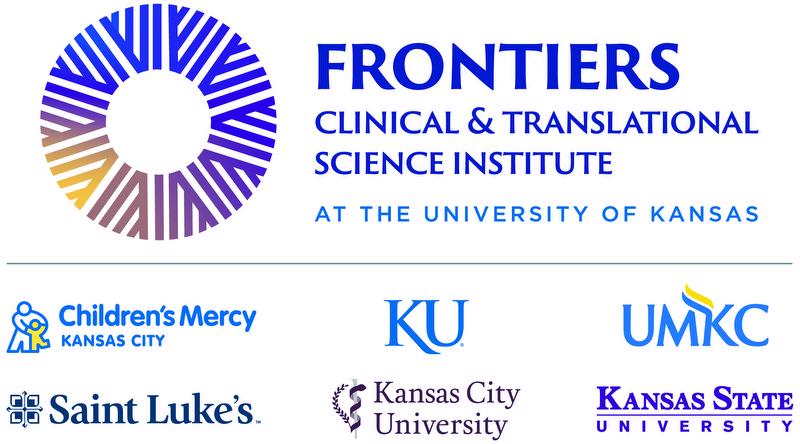 Funded Projects · News
Funded Projects · News
 TL1 Trainee · News
TL1 Trainee · News
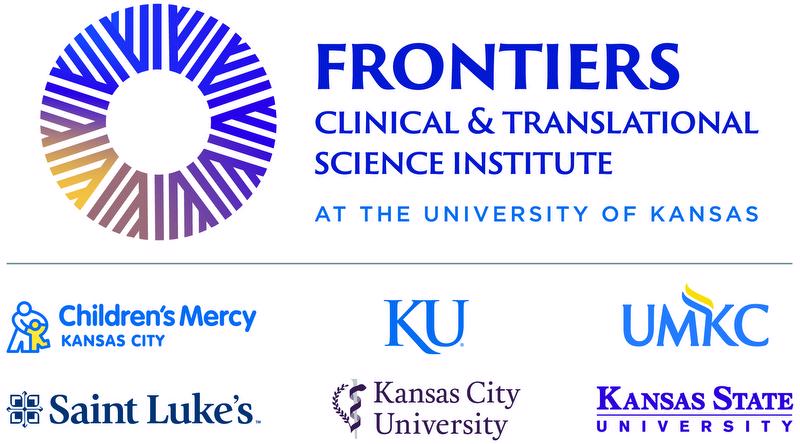 Funded Projects · News
Funded Projects · News
 TL1 Trainee · News
TL1 Trainee · News
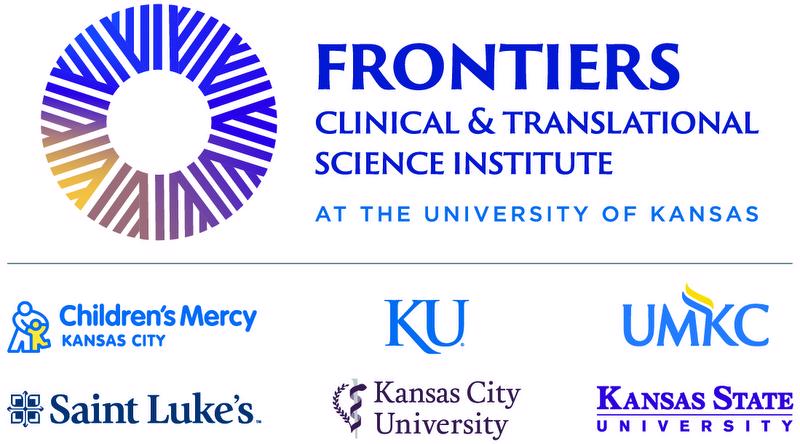 Funded Projects · News
Funded Projects · News
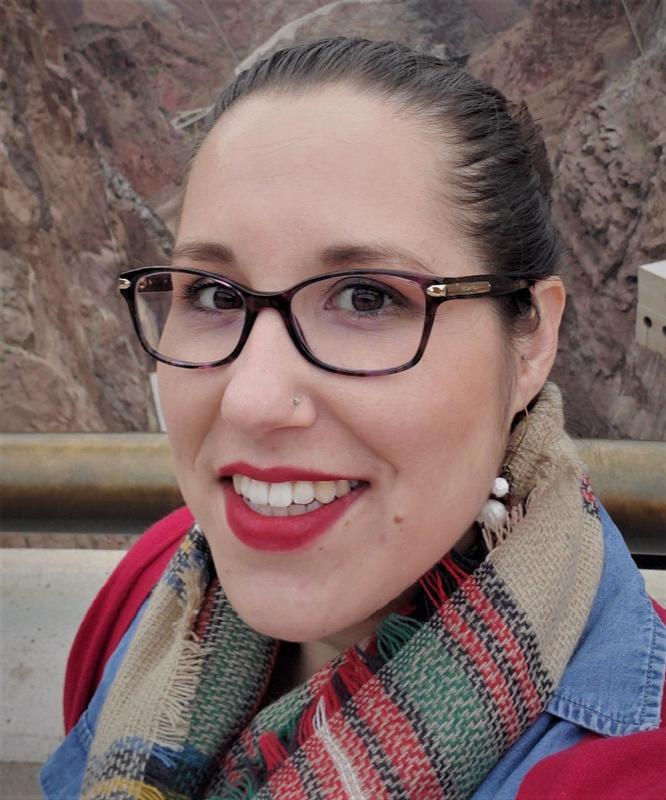 TL1 Trainee · News
TL1 Trainee · News
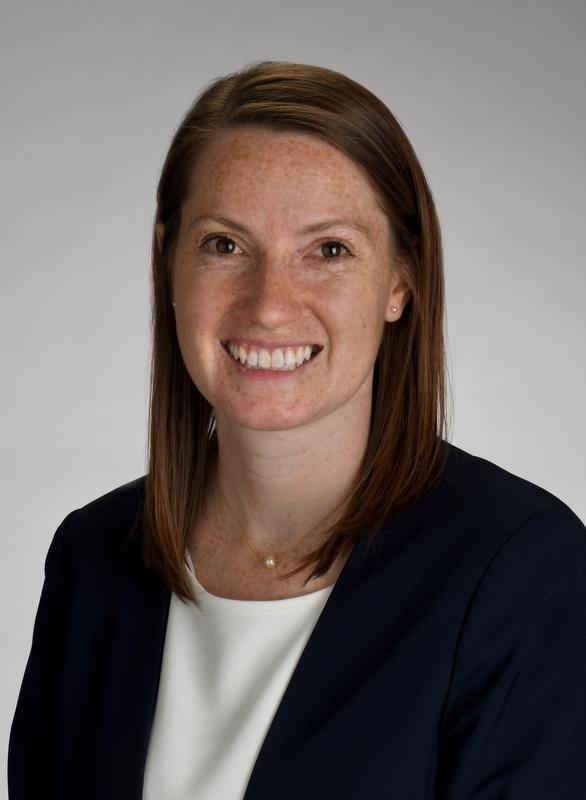 KL2 Scholar · News
KL2 Scholar · News
 Funded Projects · News
Funded Projects · News
 Funded Projects · News
Funded Projects · News
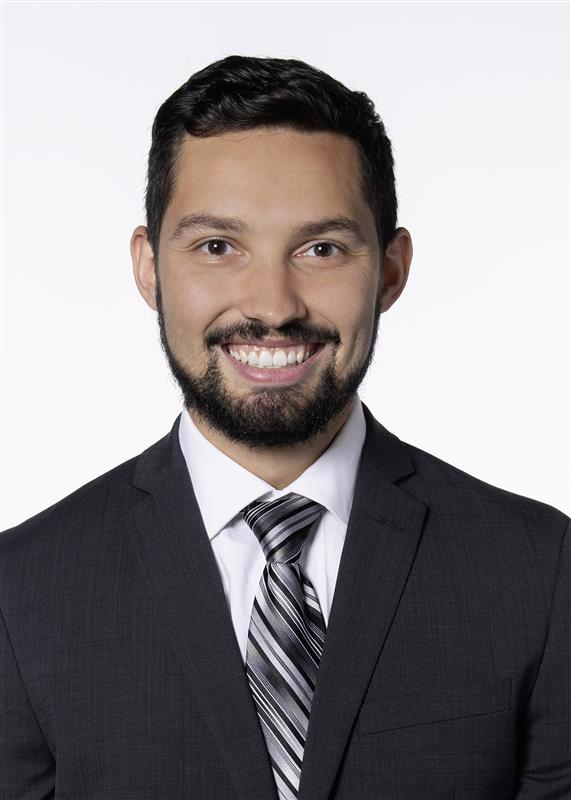 TL1 Trainee · News
TL1 Trainee · News
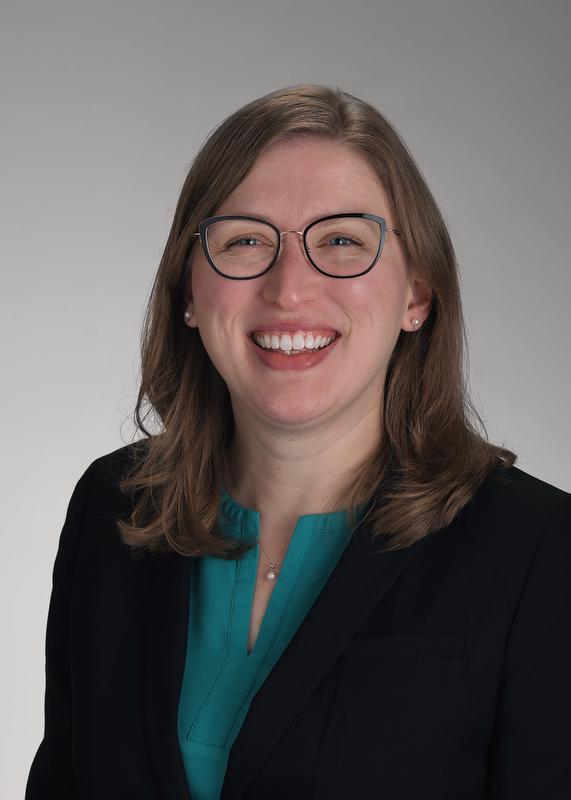 KL2 Scholar · News
KL2 Scholar · News
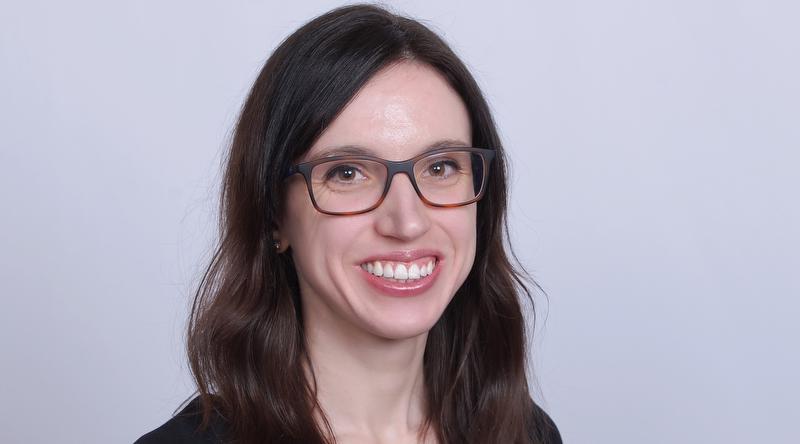 Funded Projects · News
Funded Projects · News
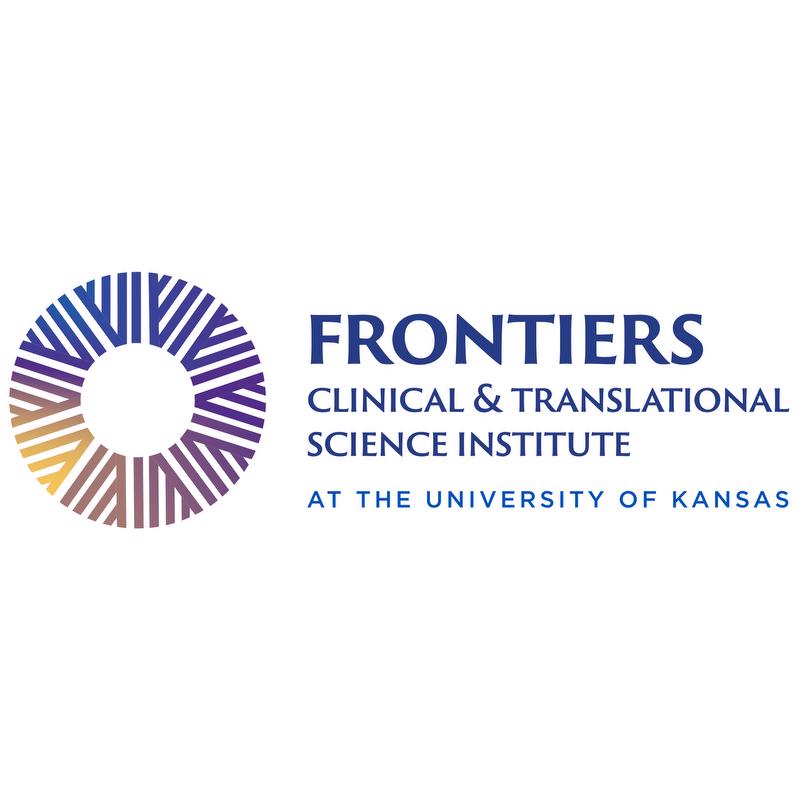 News
News
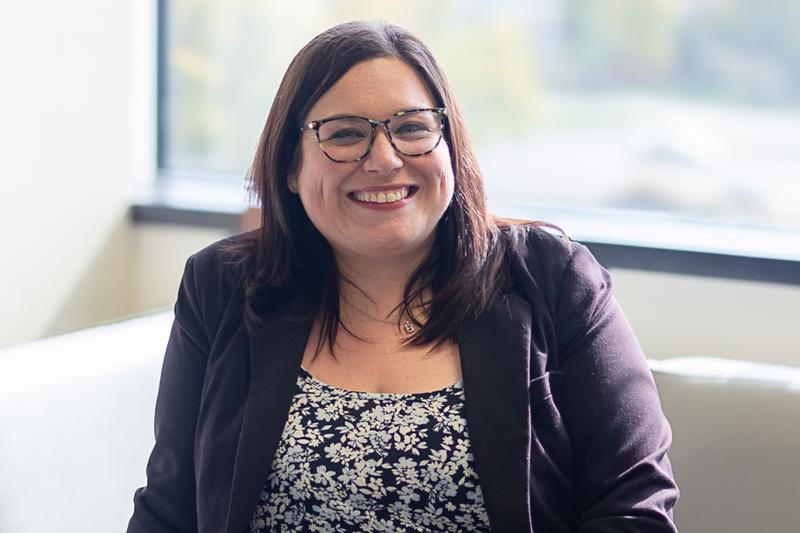 TL1 Trainee · News
TL1 Trainee · News
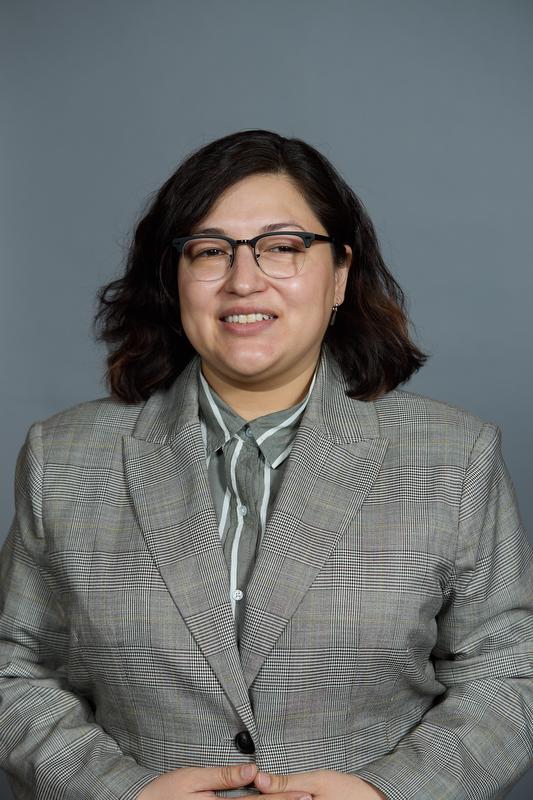 News
News
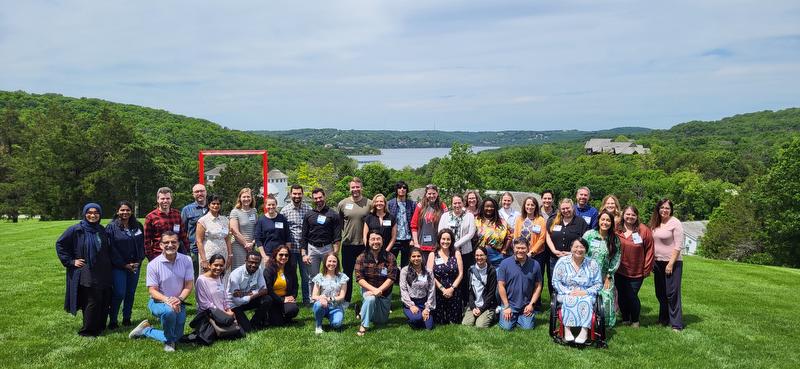 News
News
 Funded Projects · News
Funded Projects · News
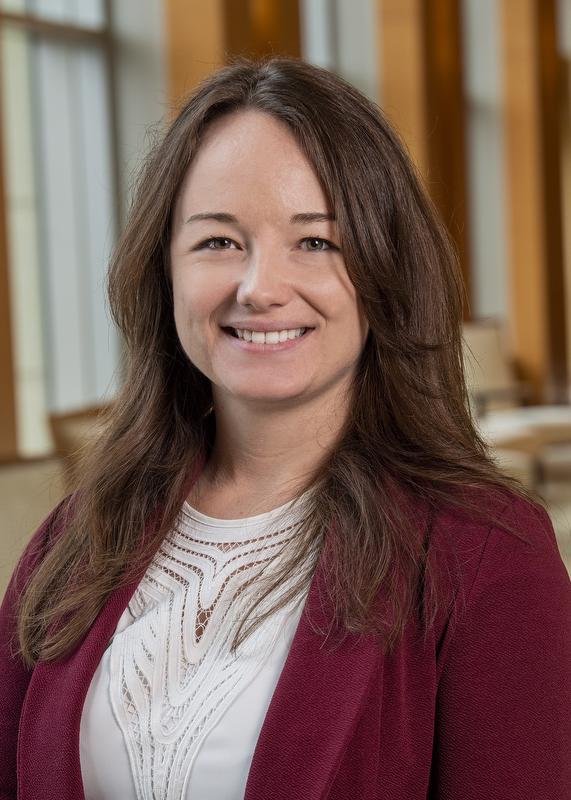 TL1 Trainee · News
TL1 Trainee · News
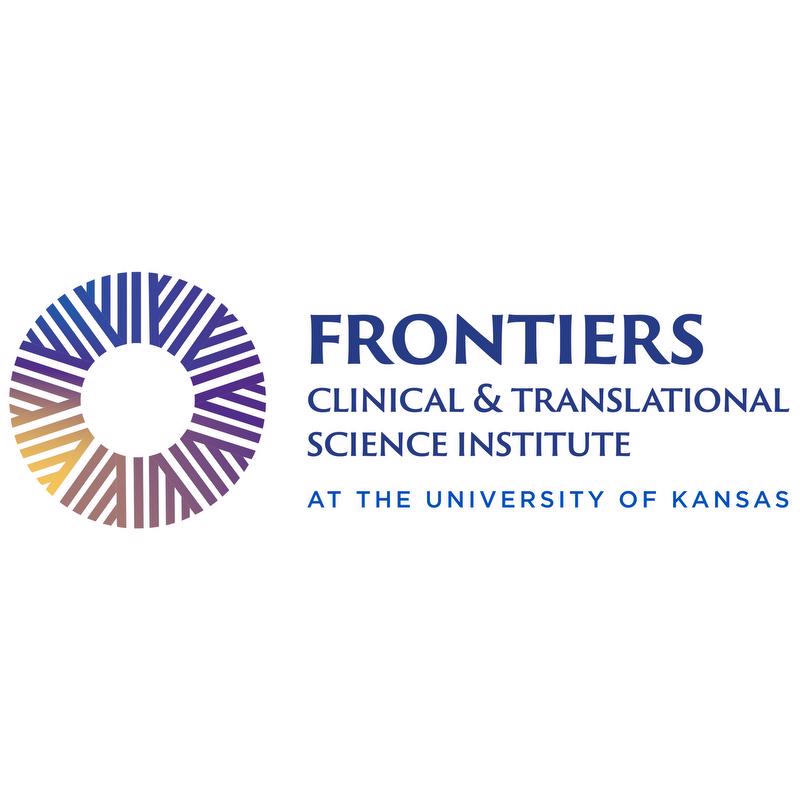 Events
Events
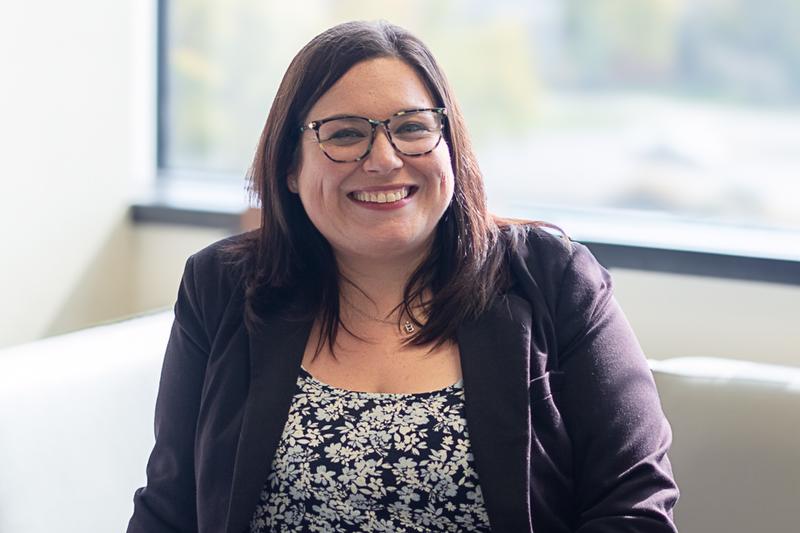 TL1 Trainee · News
TL1 Trainee · News
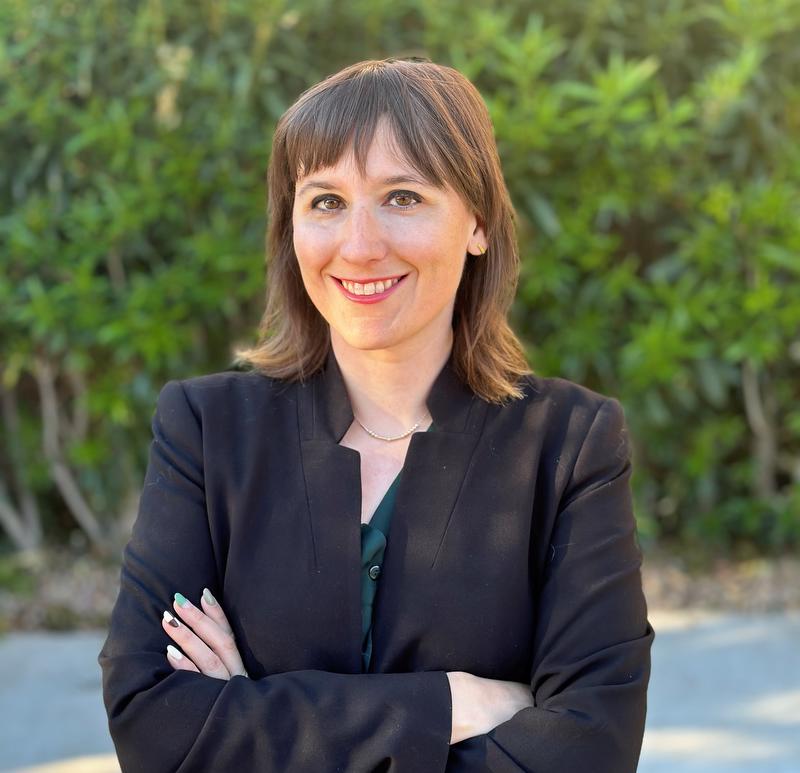 News
News
 TL1 Trainee · News
TL1 Trainee · News
 KL2 Scholar · News
KL2 Scholar · News
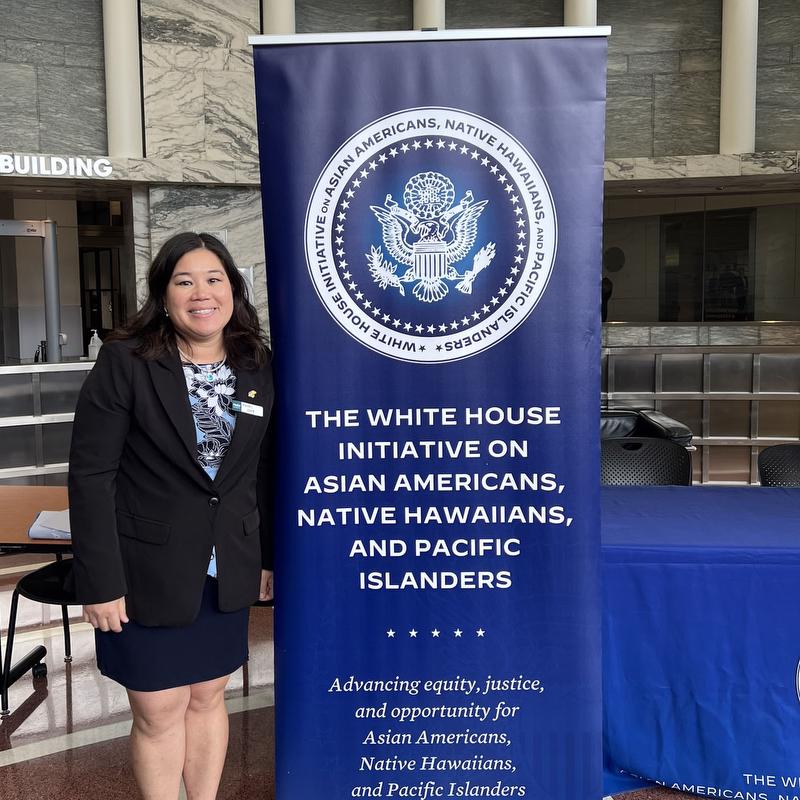 News
News
 KL2 Scholar · News
KL2 Scholar · News
 Funded Projects · News
Funded Projects · News
 News
News
 TL1 Trainee · News
TL1 Trainee · News
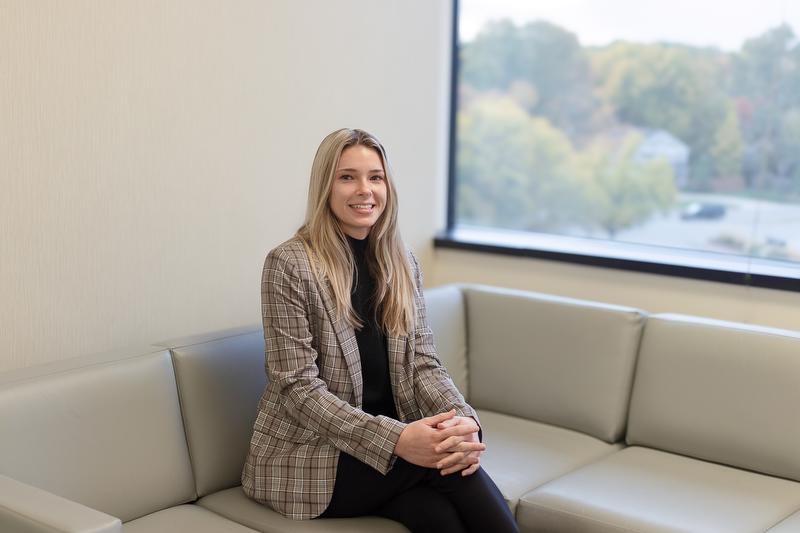
 TL1 Trainee · News
TL1 Trainee · News
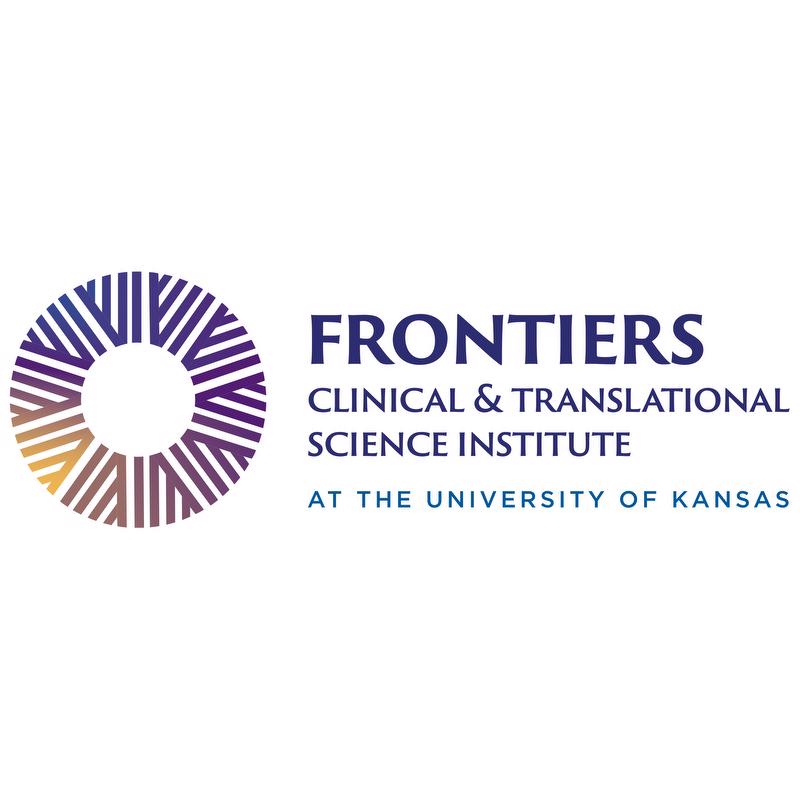 Services · News
Services · News
 News
News
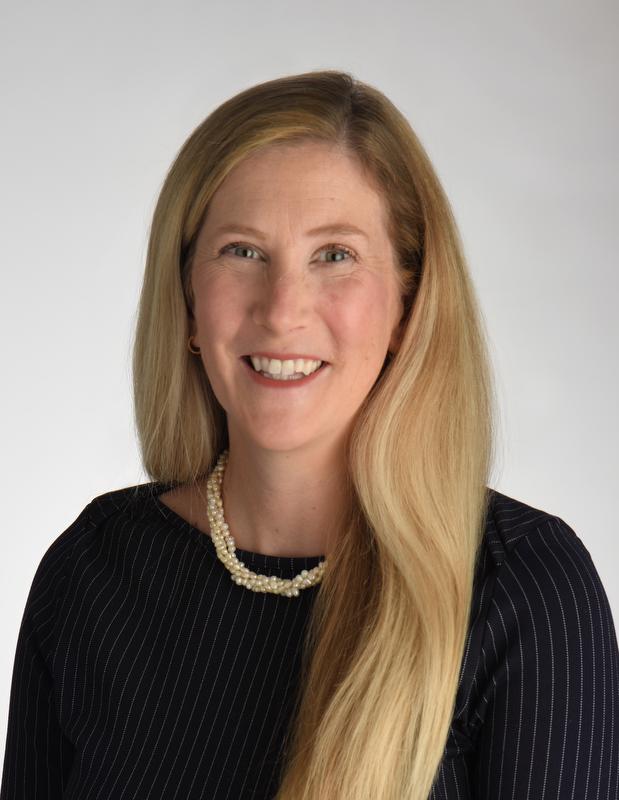 Funded Projects · News
Funded Projects · News
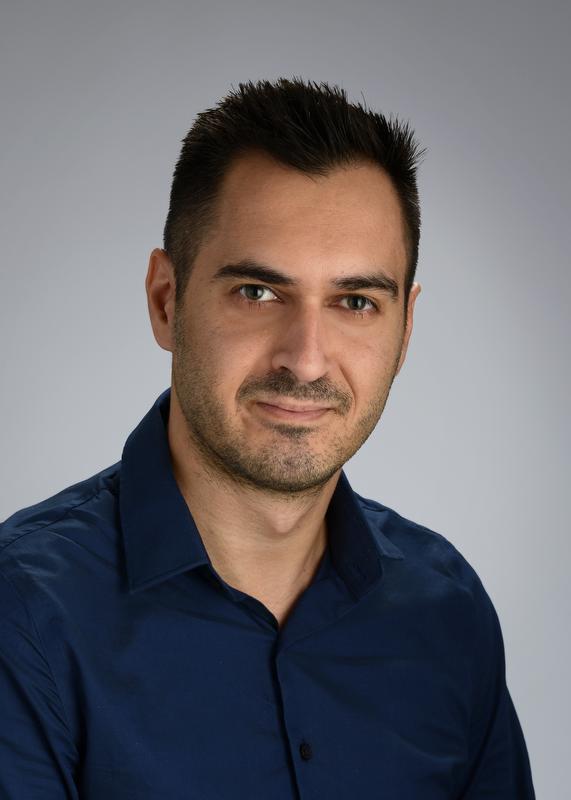 Funded Projects · News
Funded Projects · News
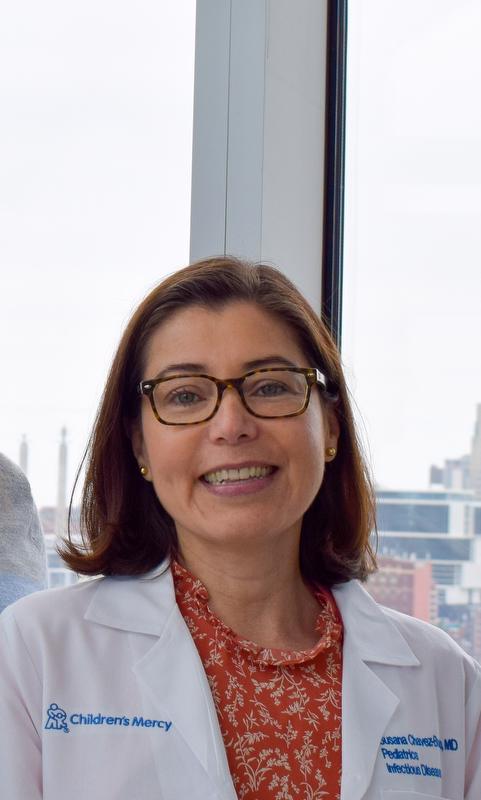 Funded Projects · News
Funded Projects · News
 TL1 Trainee · News
TL1 Trainee · News
 KL2 Scholar · News
KL2 Scholar · News
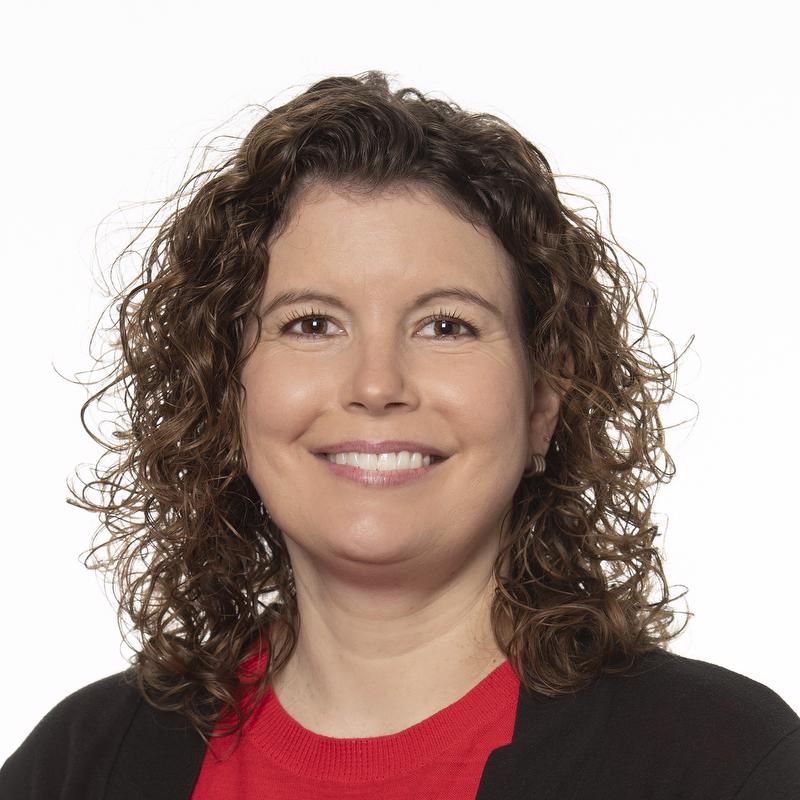 Funded Projects · News
Funded Projects · News
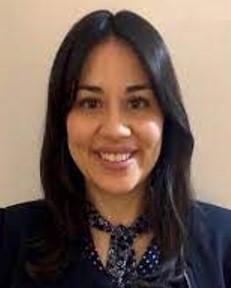 News
News
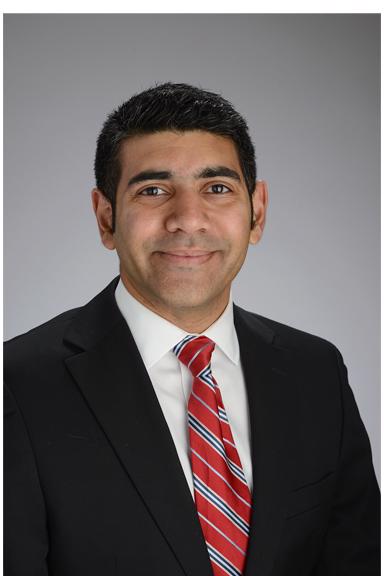 News
News
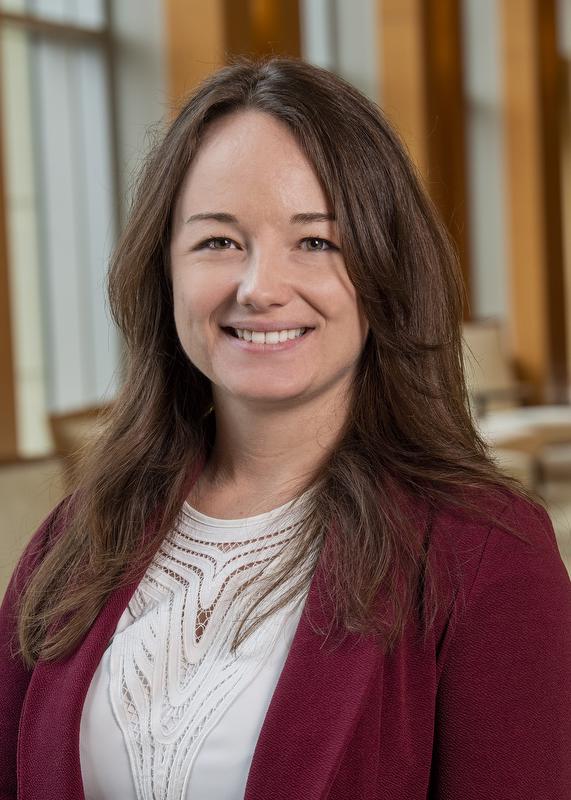 News
News
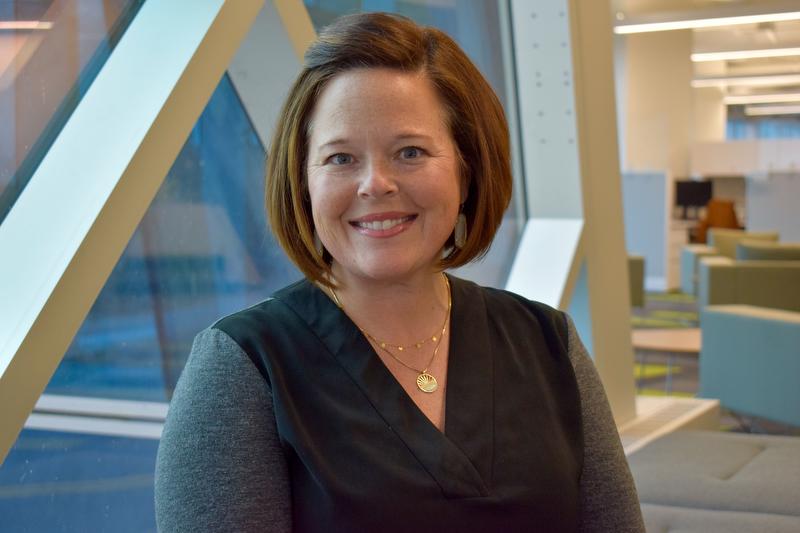 News
News
 News
News
 News
News
 News
News
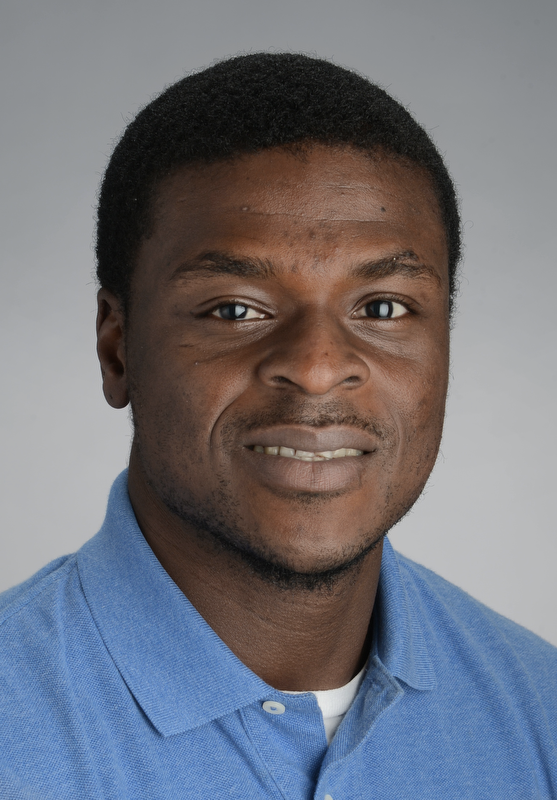 News
News
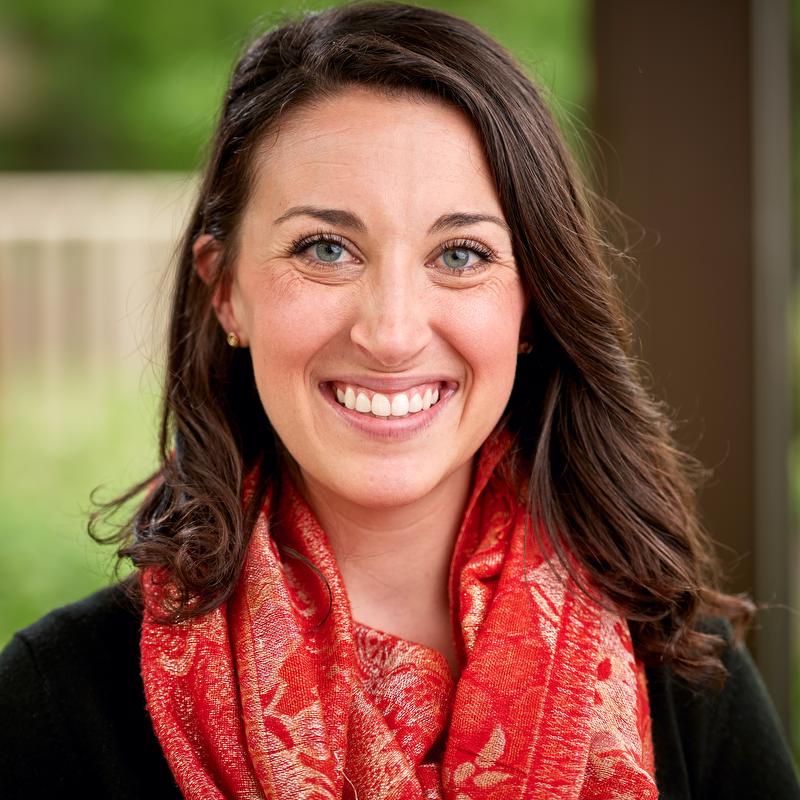 News
News
 News
News
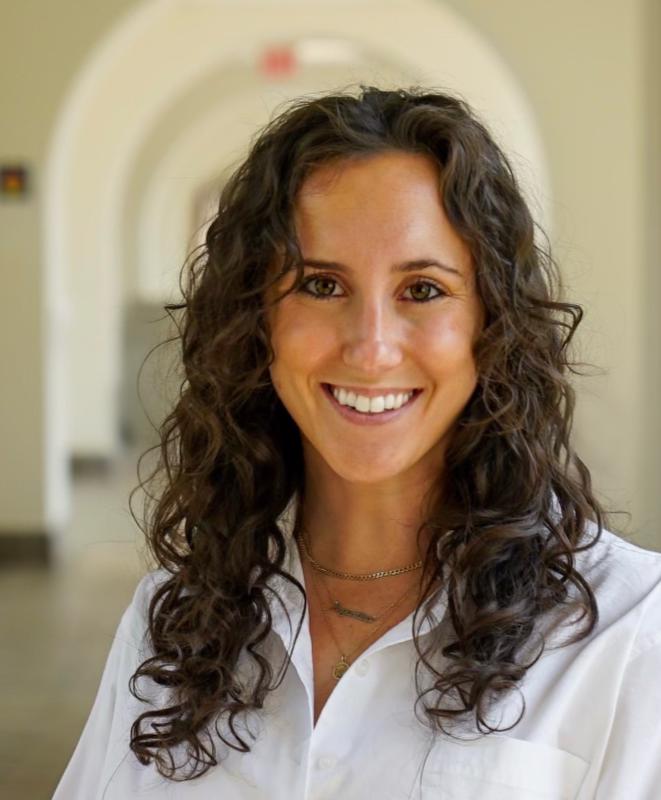 News
News
 News
News
 News
News
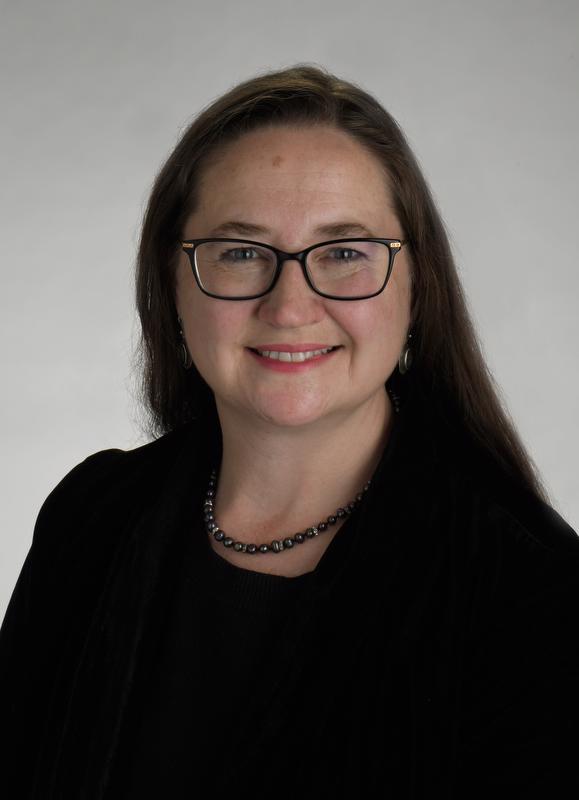 News
News
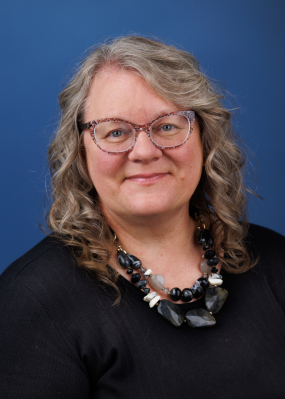 Funded Projects · News
Funded Projects · News
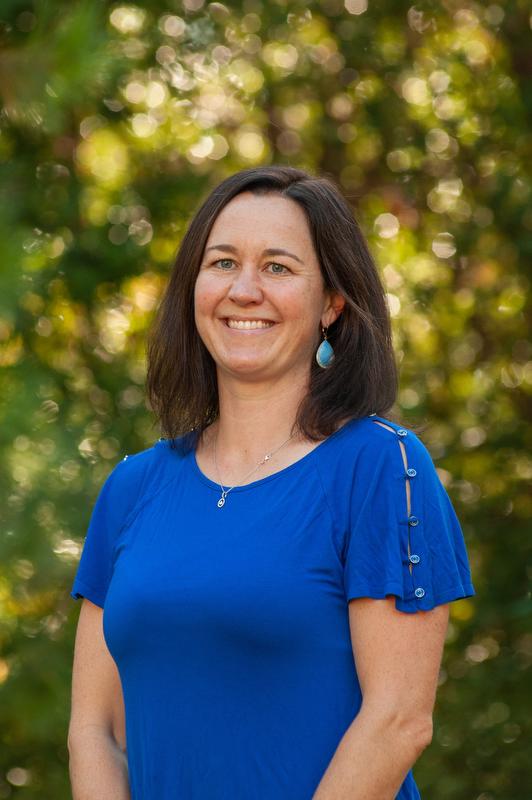 Funded Projects · News
Funded Projects · News
 KL2 Scholar · News
KL2 Scholar · News
 News
News
 News
News
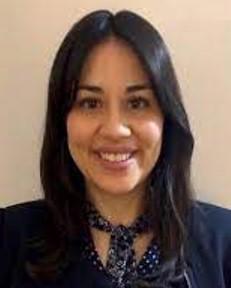 KL2 Scholar · News
KL2 Scholar · News
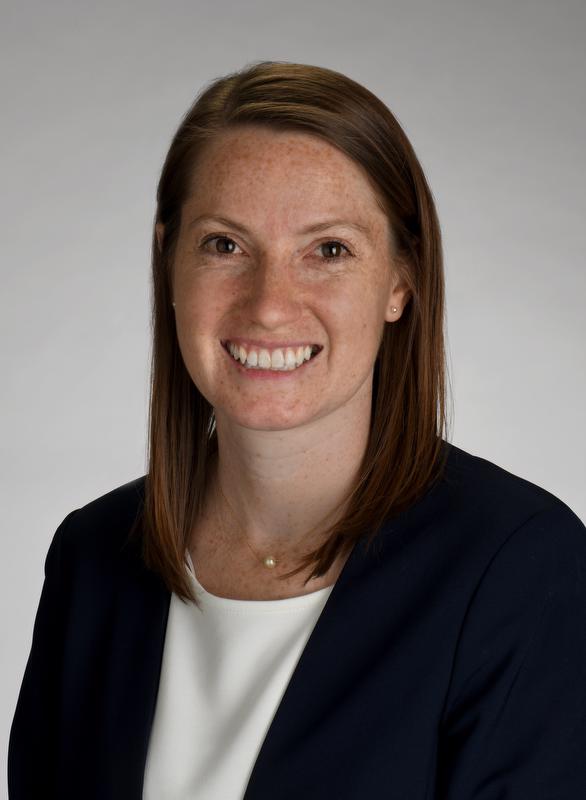 KL2 Scholar
KL2 Scholar
 News
News
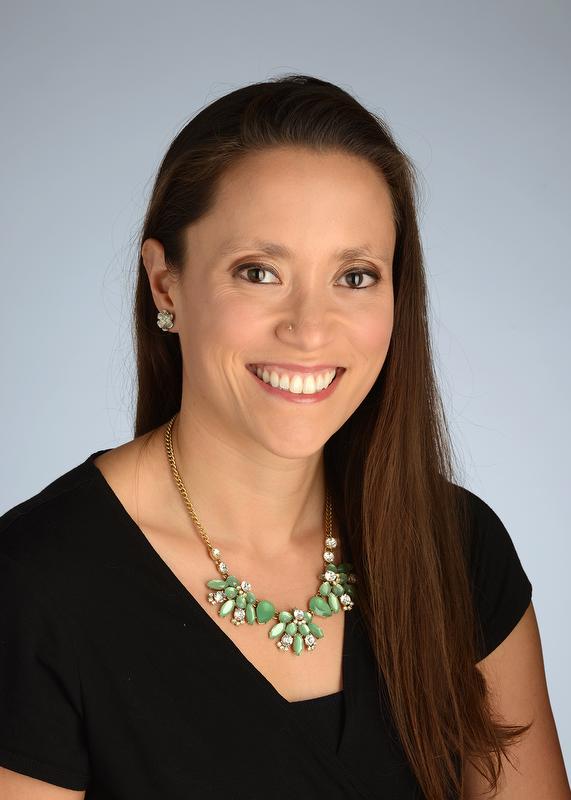 News
News
 KL2 Scholar · News
KL2 Scholar · News
 News
News
 News · In the Community · Funded Projects
News · In the Community · Funded Projects
 Funded Projects · News
Funded Projects · News
 Funded Projects · News
Funded Projects · News
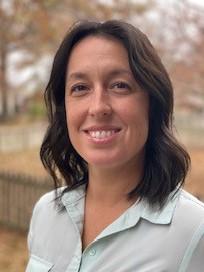 Funded Projects · News
Funded Projects · News
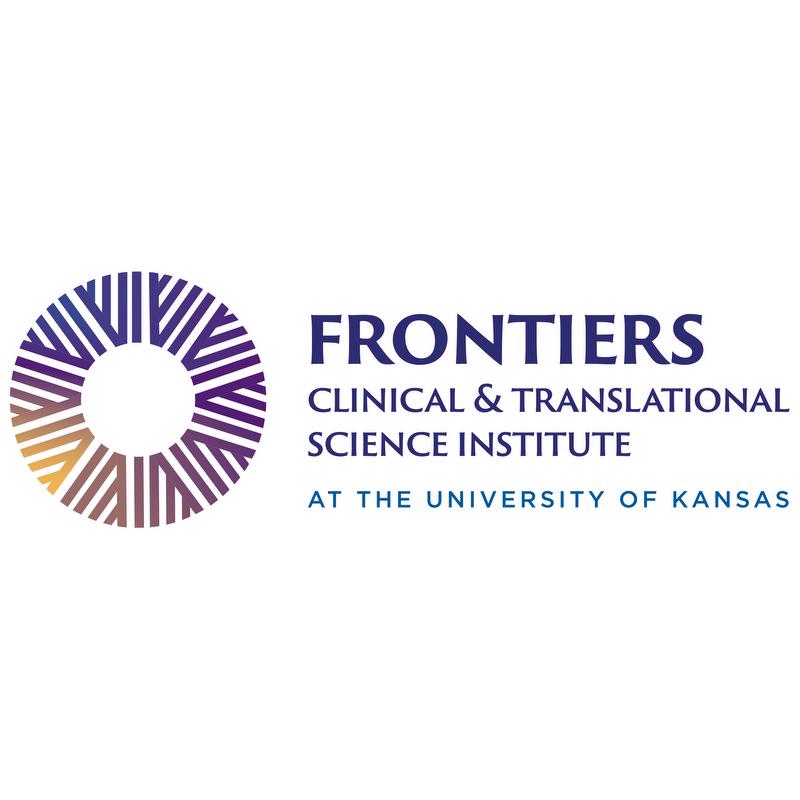 Funded Projects · News
Funded Projects · News
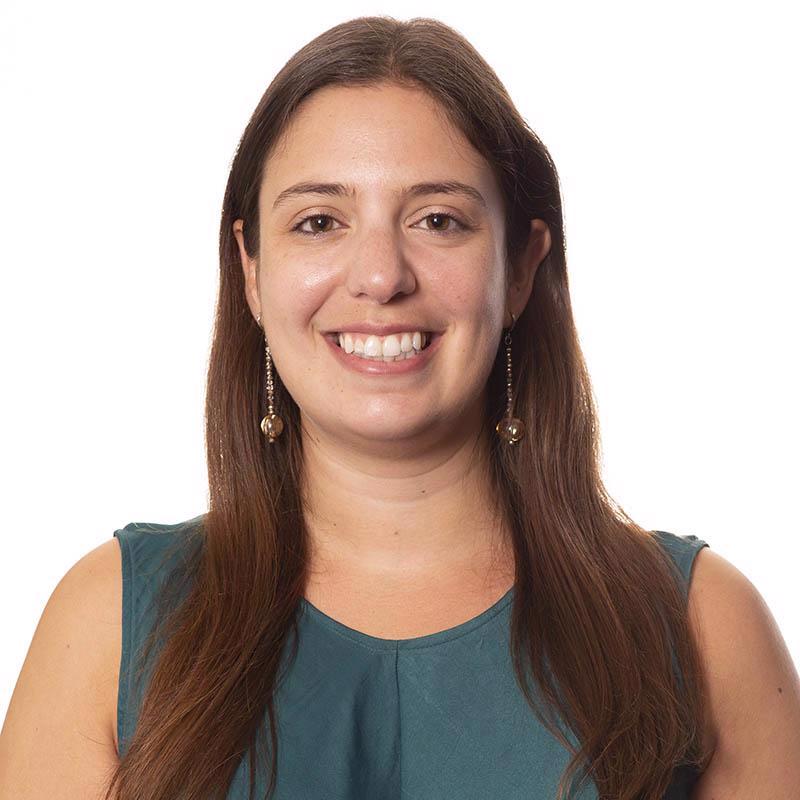 News
News
 Funded Projects · News
Funded Projects · News

 TL1 Trainee · News
TL1 Trainee · News
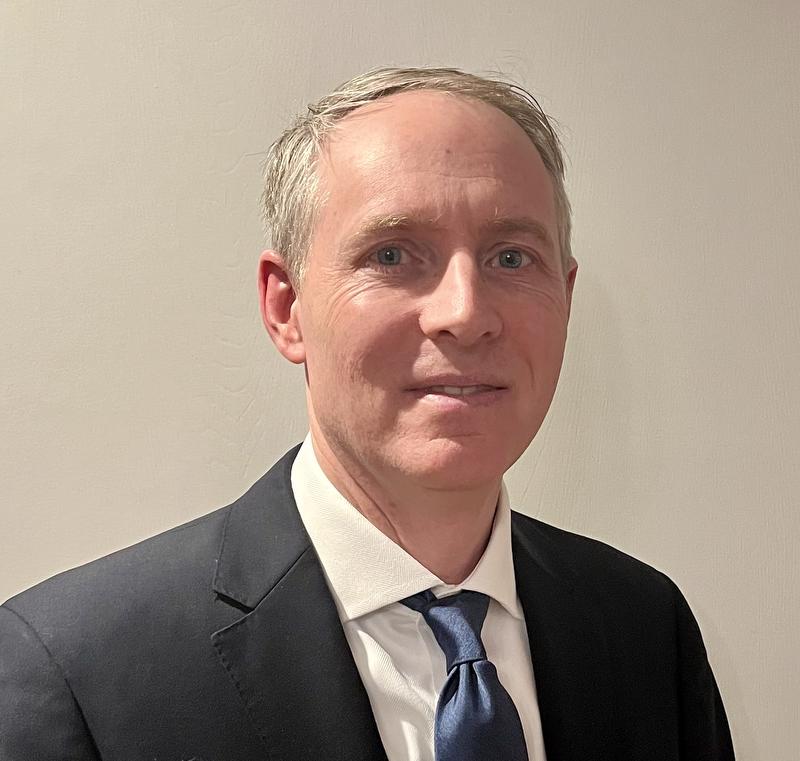 Funded Projects · News
Funded Projects · News
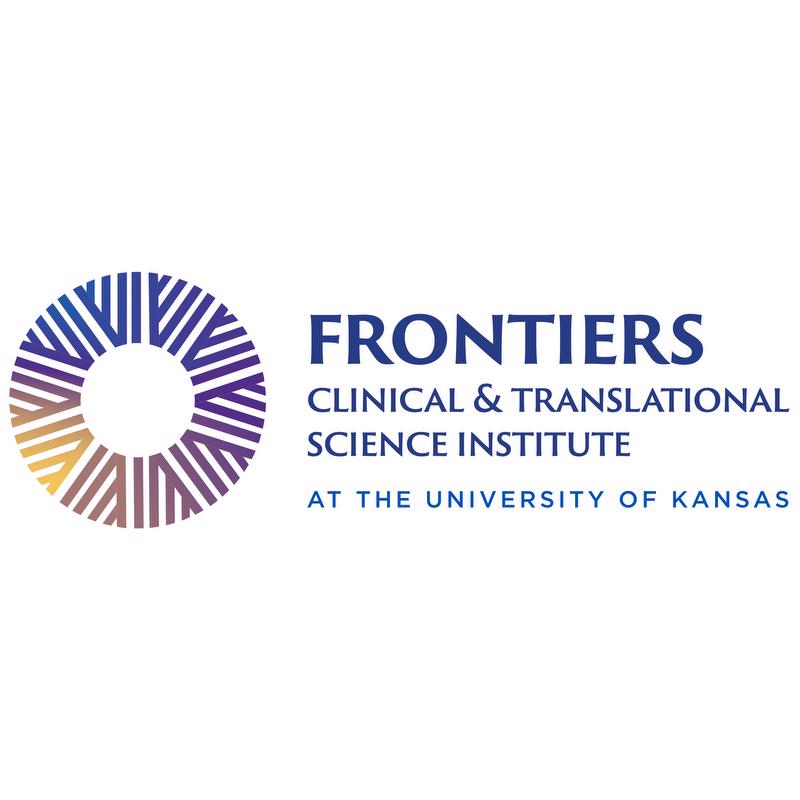 Events · News
Events · News
 Funded Projects · News
Funded Projects · News
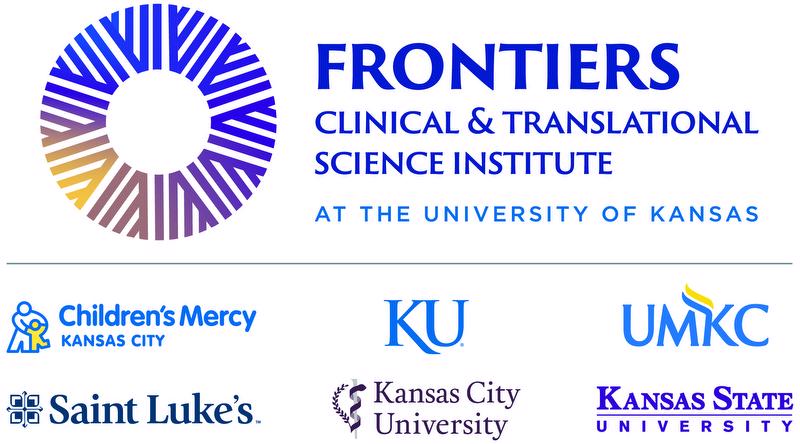
 Funded Projects · News
Funded Projects · News
 TL1 Trainee · News
TL1 Trainee · News
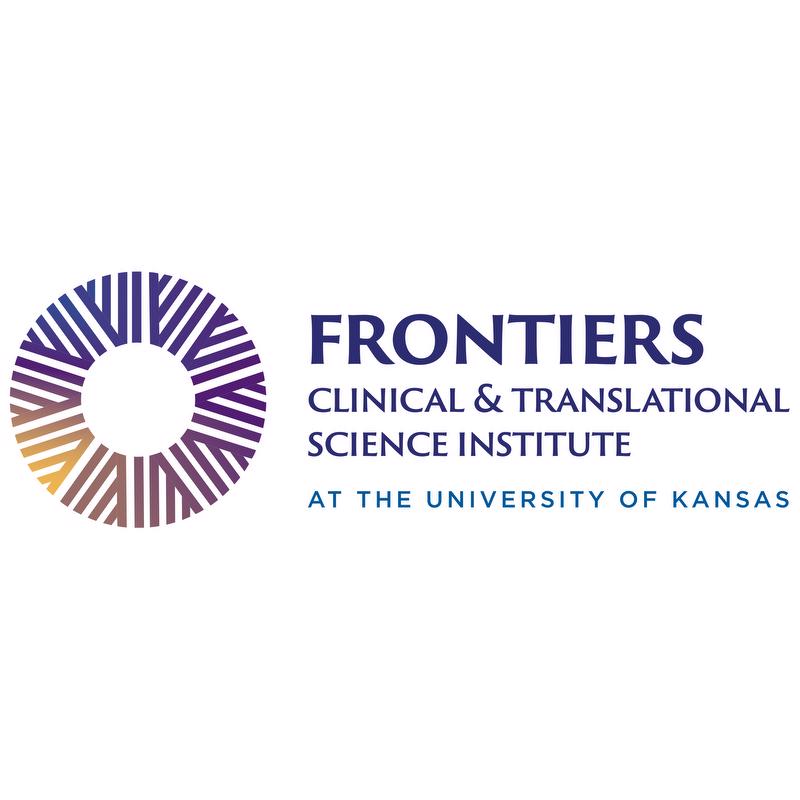 News · In the Community · Funded Projects
News · In the Community · Funded Projects
 Funded Projects · News
Funded Projects · News
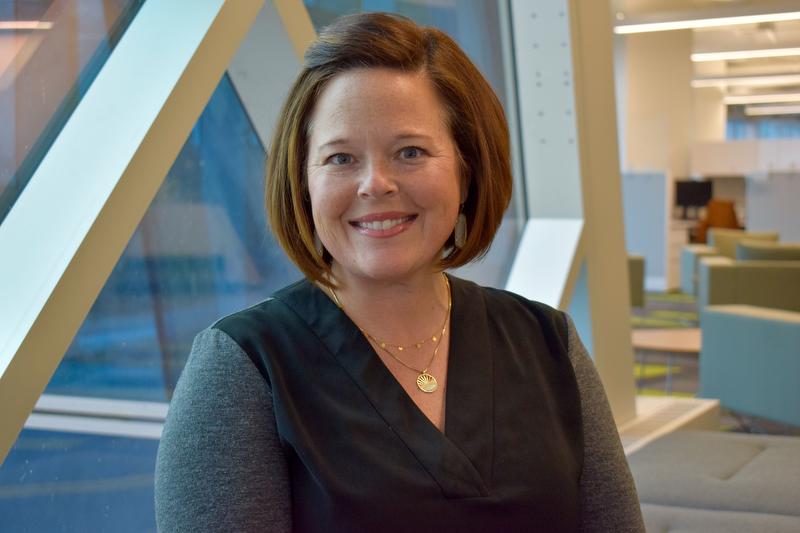 KL2 Scholar · News
KL2 Scholar · News
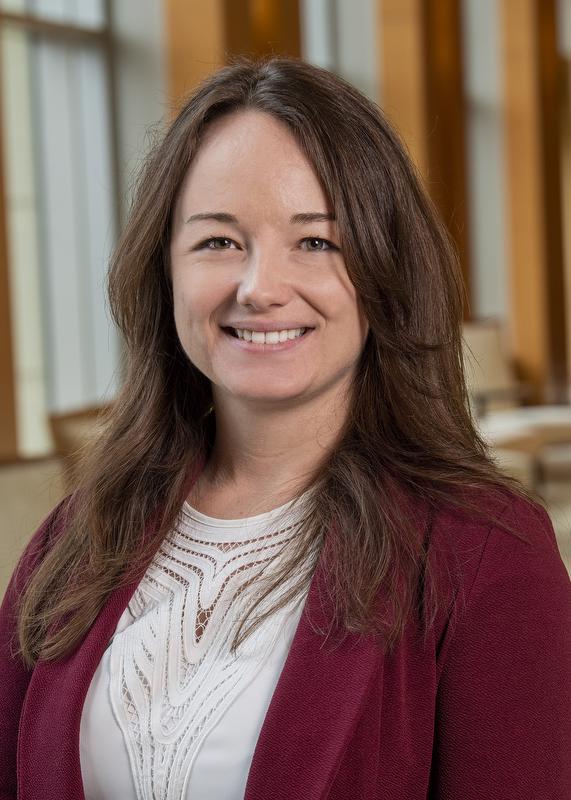 TL1 Trainee · News
TL1 Trainee · News
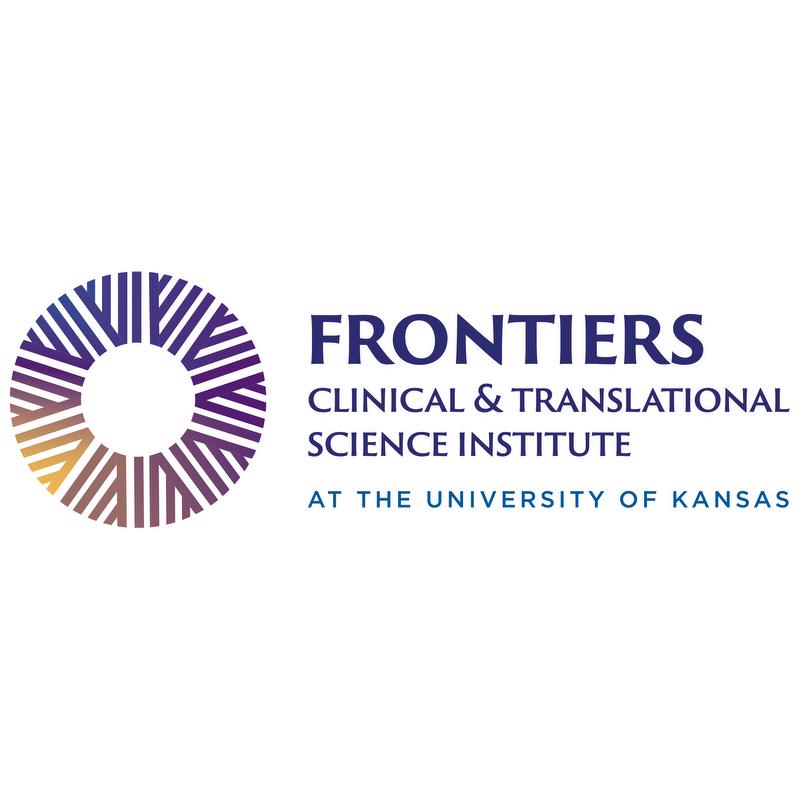 News
News
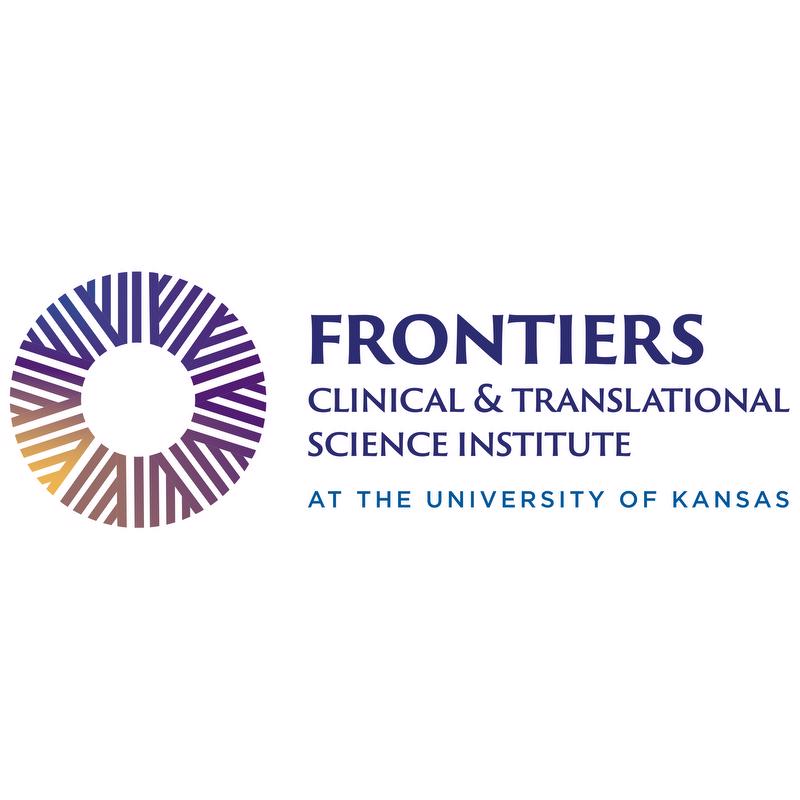 News
News
 KL2 Scholar · News
KL2 Scholar · News
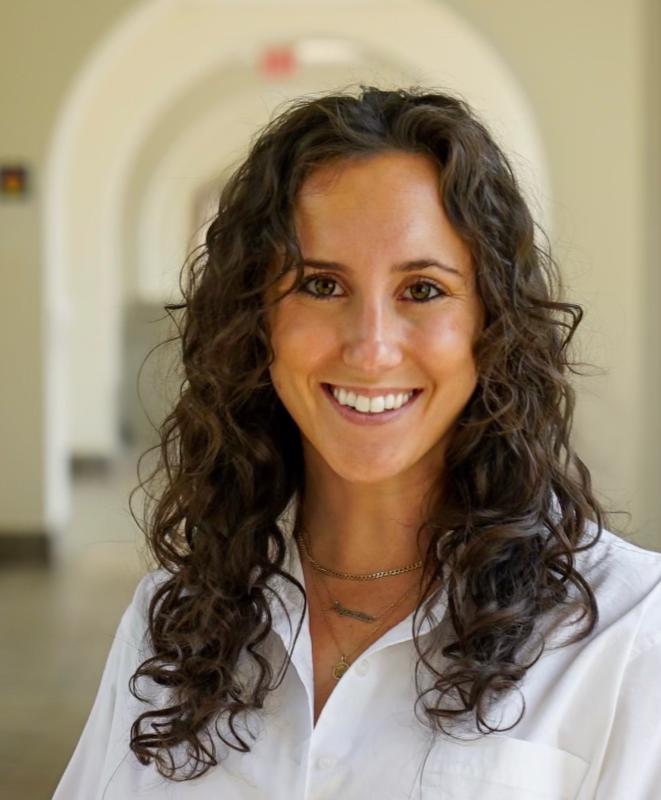 TL1 Trainee · News
TL1 Trainee · News
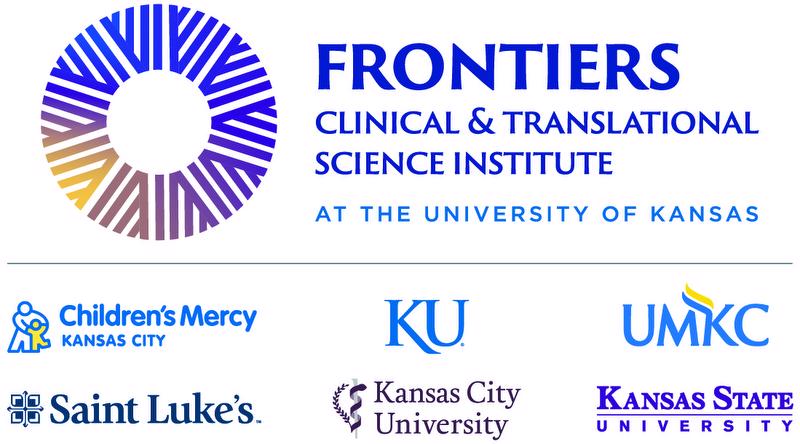 News
News
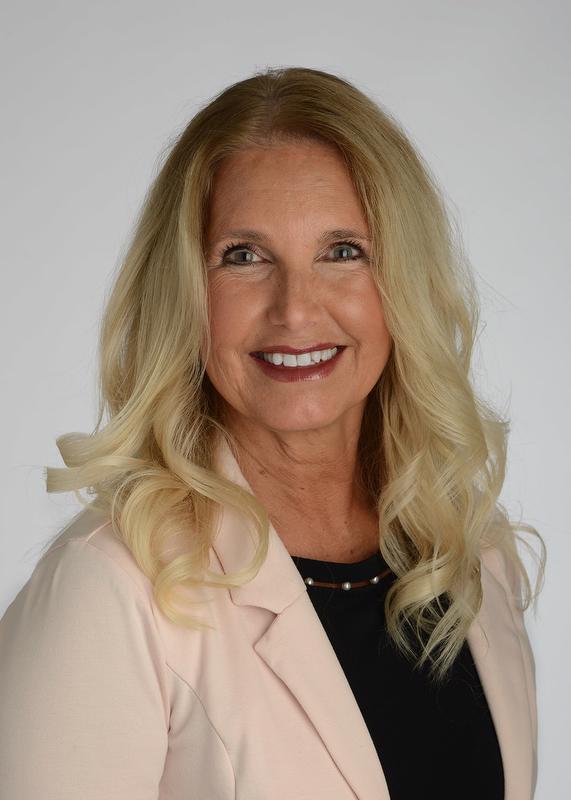 News
News
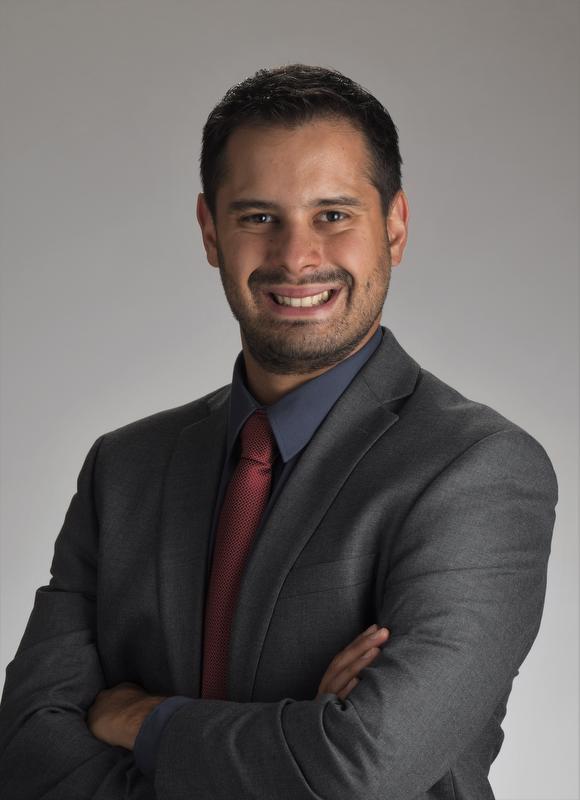 Funded Projects · News
Funded Projects · News
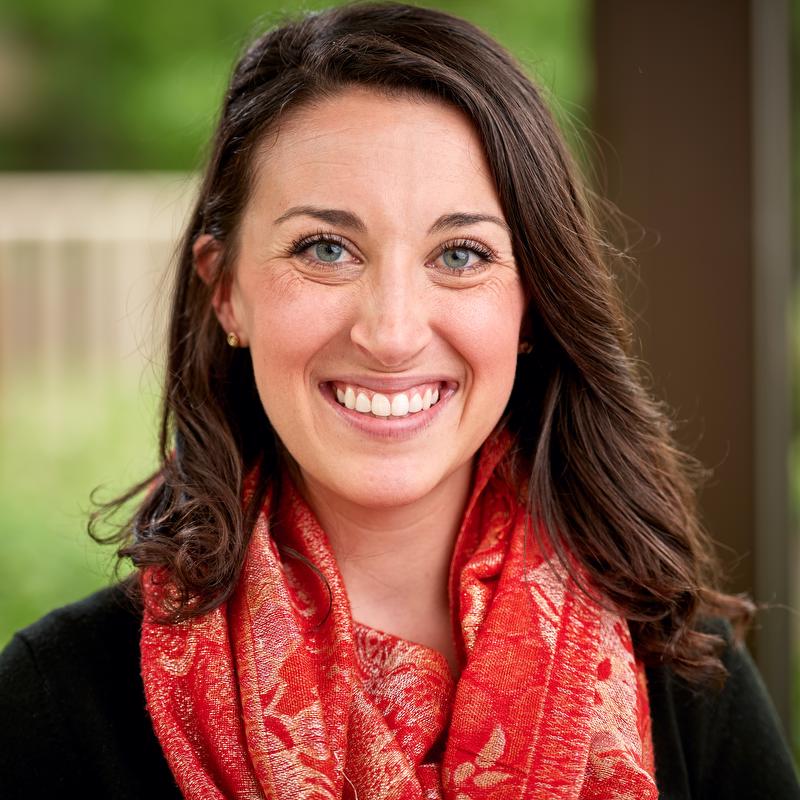 Events · News
Events · News

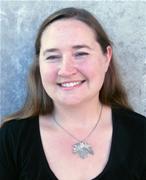 KL2 Scholar · News
KL2 Scholar · News
 News
News

 Funded Projects · News
Funded Projects · News
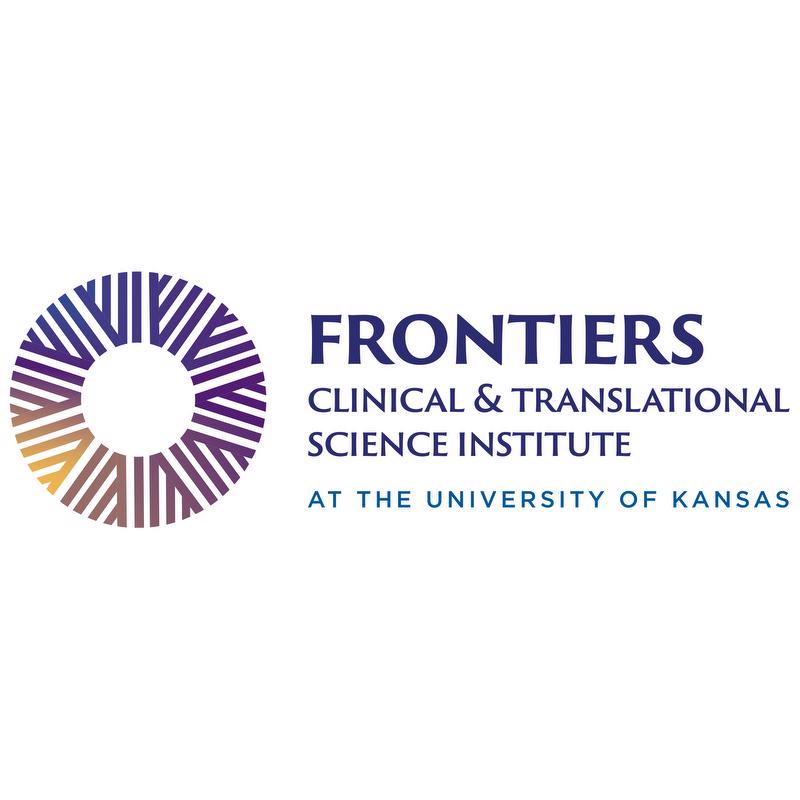 News
News
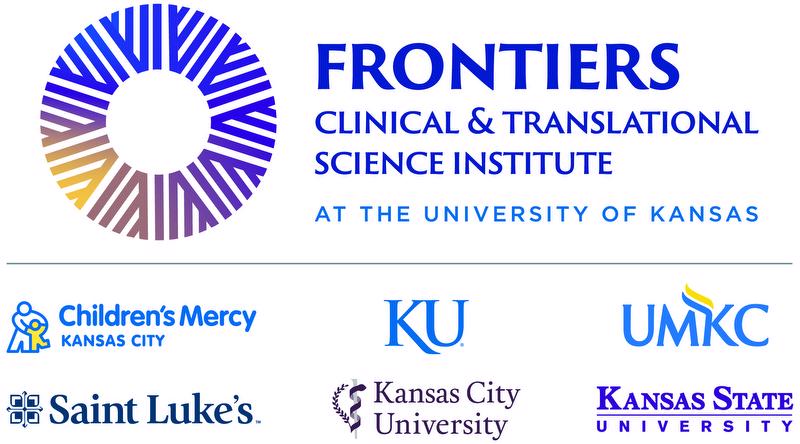 Partner News · News
Partner News · News
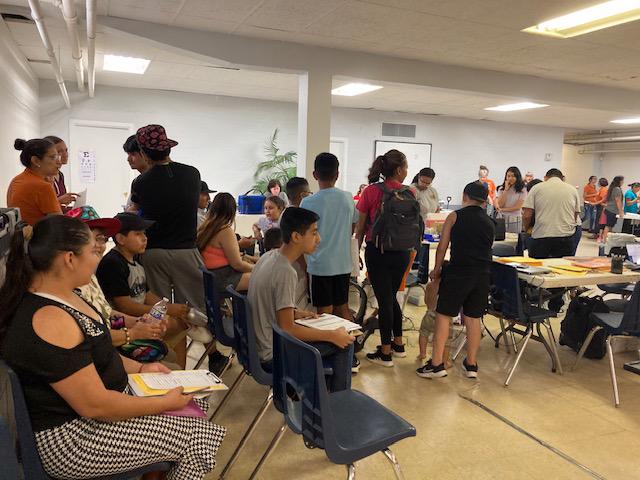 News · In the Community
News · In the Community
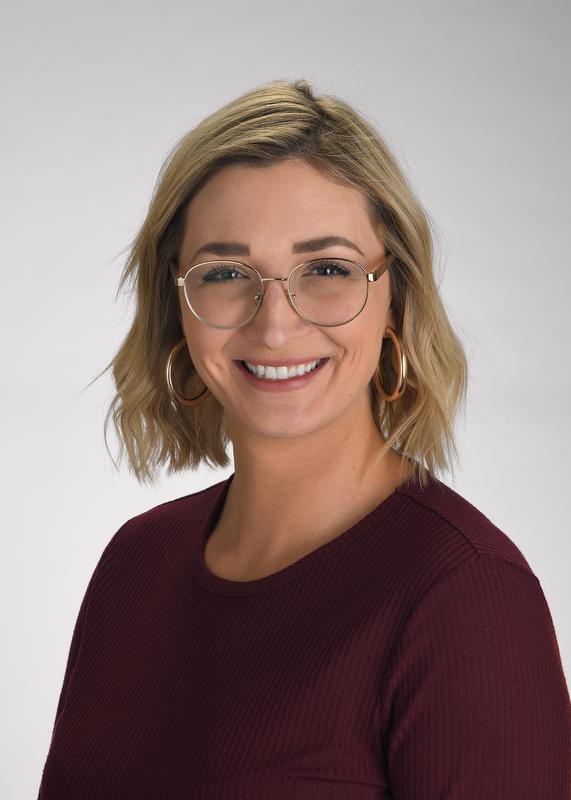
 0
0

 Funded Projects · News
Funded Projects · News
 Funded Projects · News
Funded Projects · News
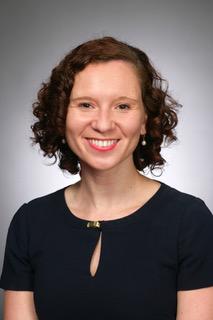 News
News
 Funded Projects · News
Funded Projects · News
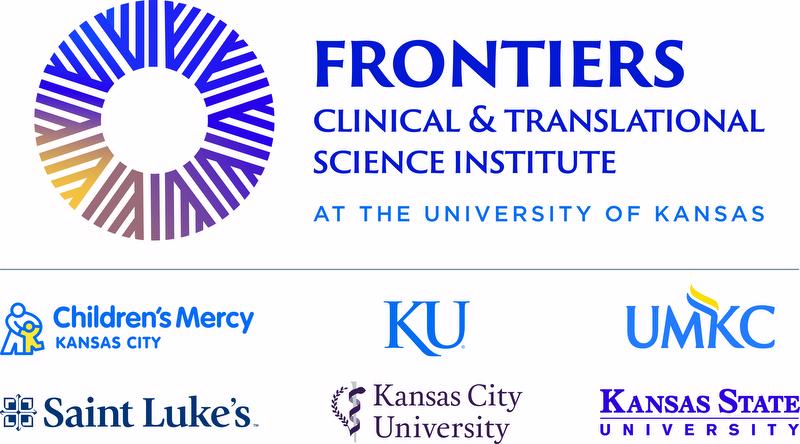 Funded Projects · News
Funded Projects · News
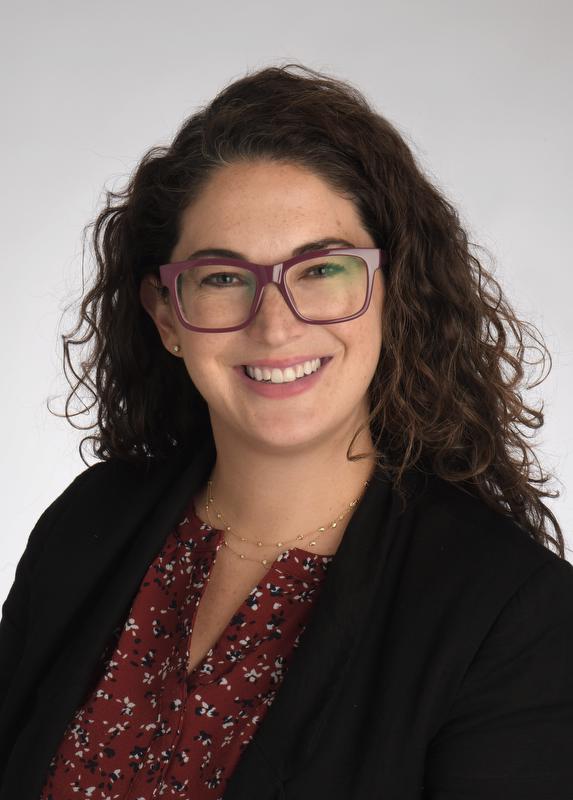 News
News
 Events · News
Events · News
 TL1 Trainee · News
TL1 Trainee · News
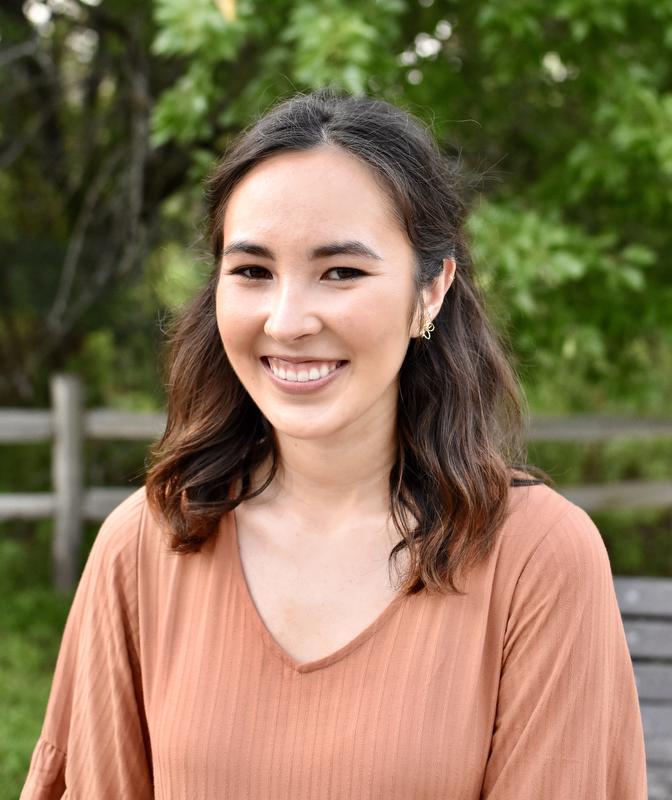 TL1 Trainee · News
TL1 Trainee · News
 News
News
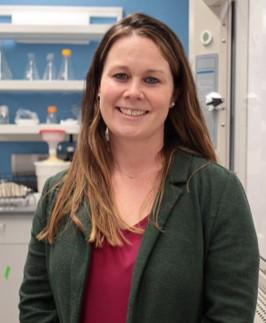 Funded Projects · News
Funded Projects · News
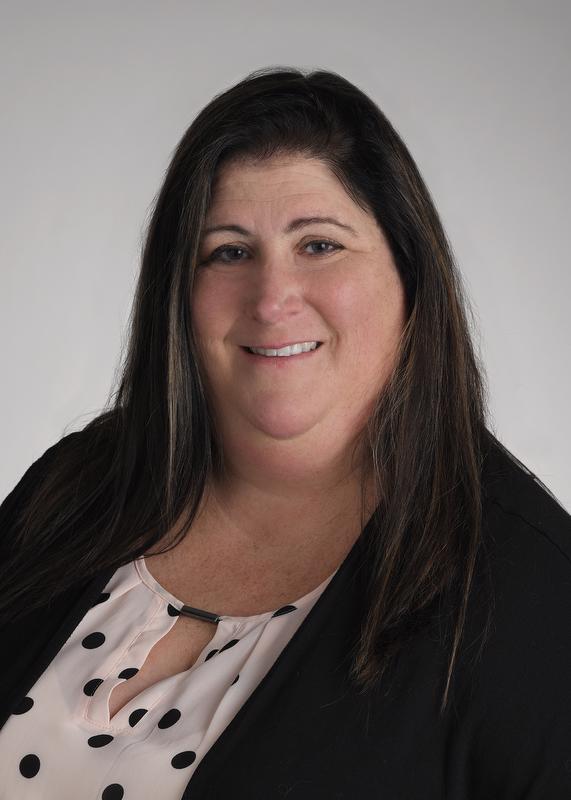 News
News
 Partner News · News
Partner News · News
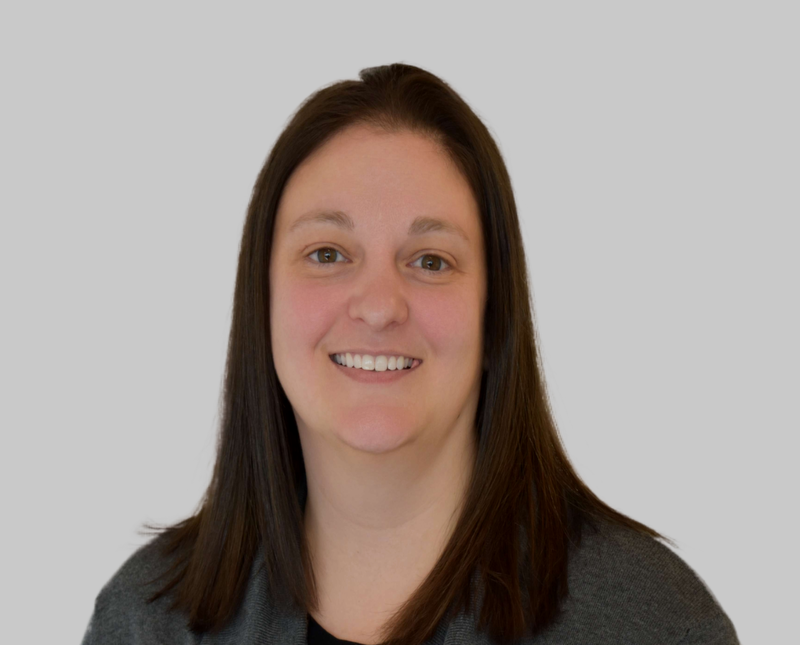 TL1 Trainee · News
TL1 Trainee · News
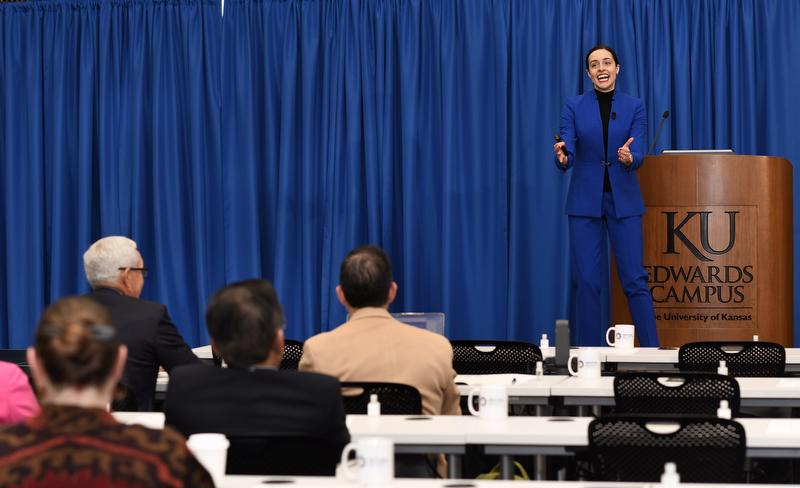 Events · News
Events · News
 KL2 Scholar · News
KL2 Scholar · News
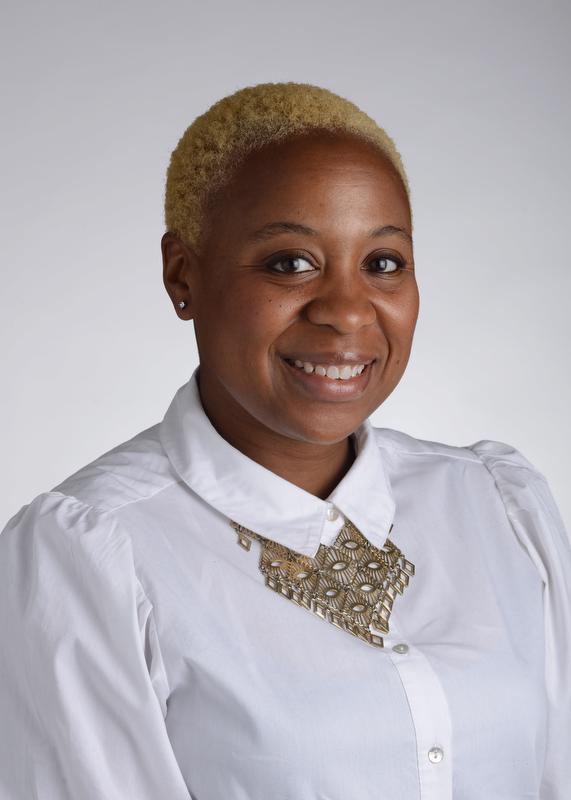 News
News
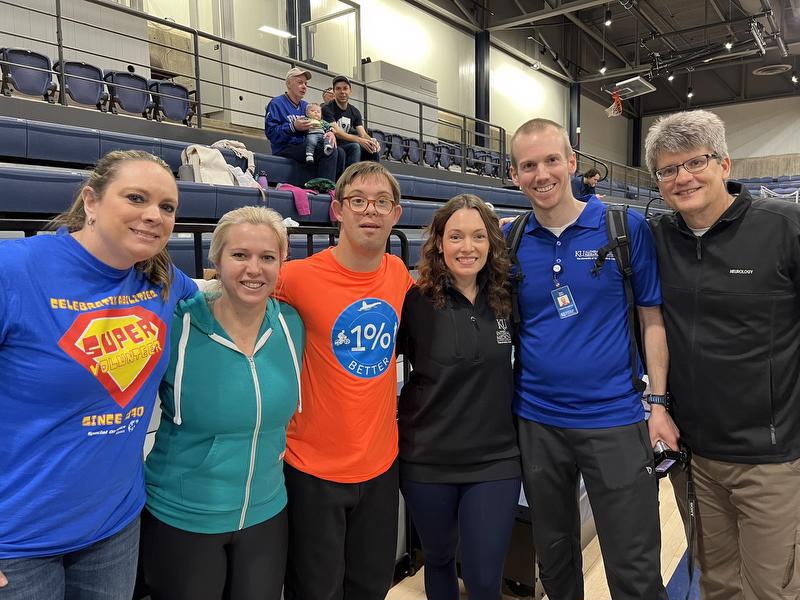 TL1 Trainee · News
TL1 Trainee · News
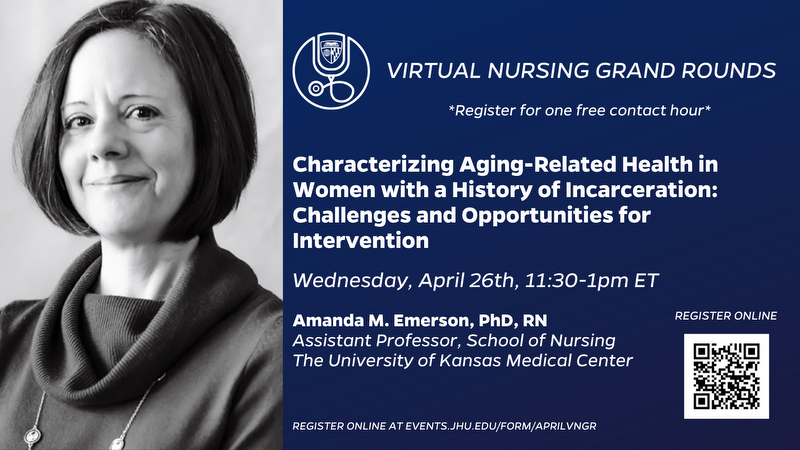 News · KL2 Scholar
News · KL2 Scholar
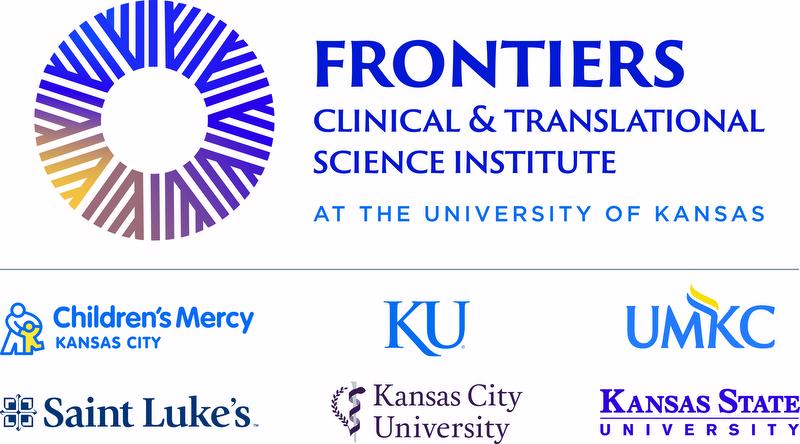
 TL1 Trainee · News
TL1 Trainee · News
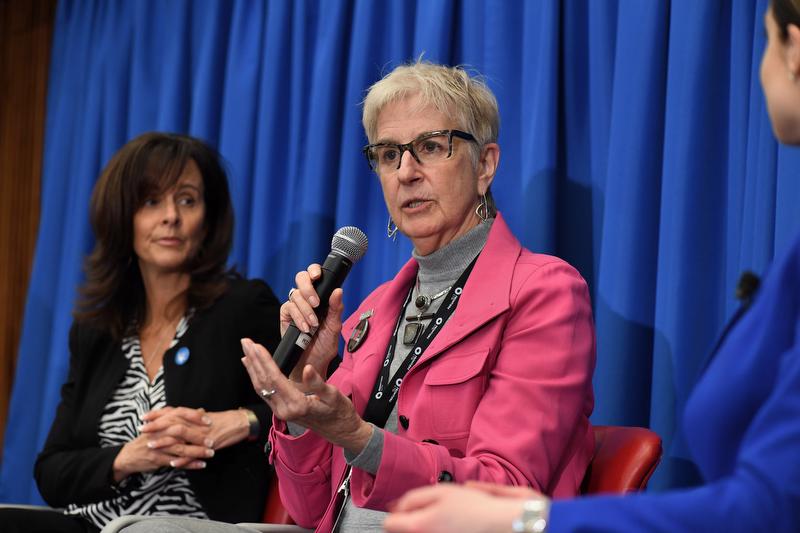 Events · News
Events · News
 News
News
 News
News
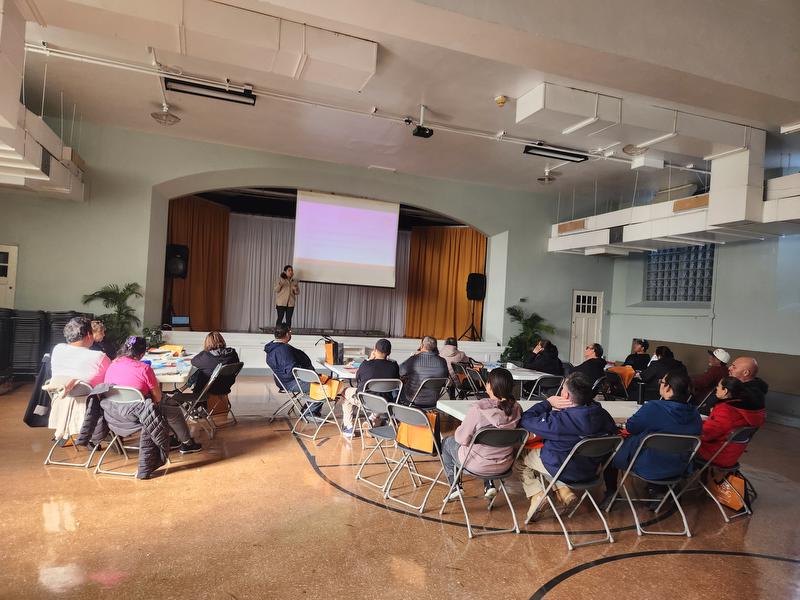

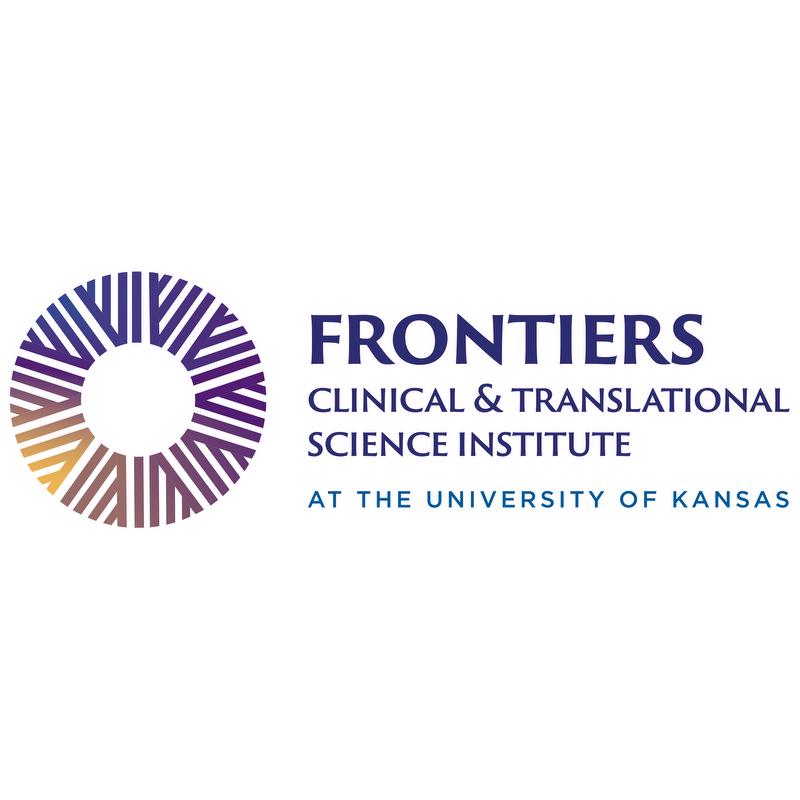 News
News
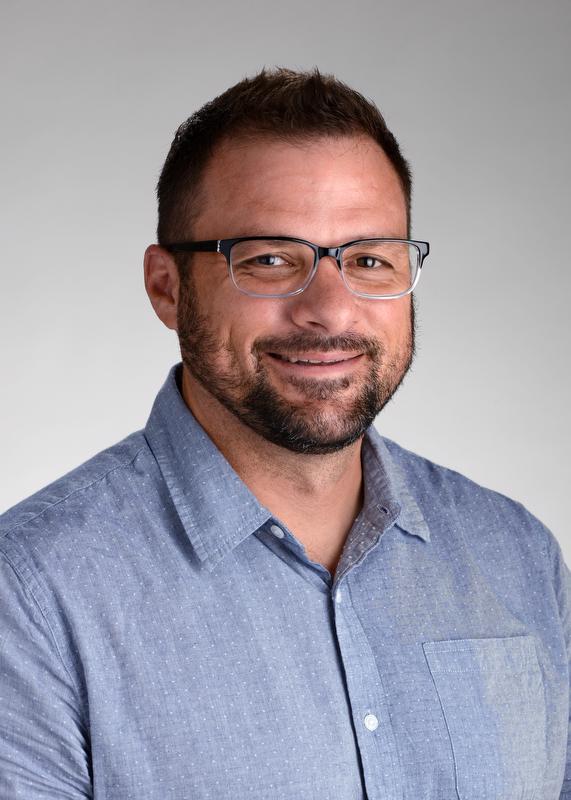
 40
40

 News
News
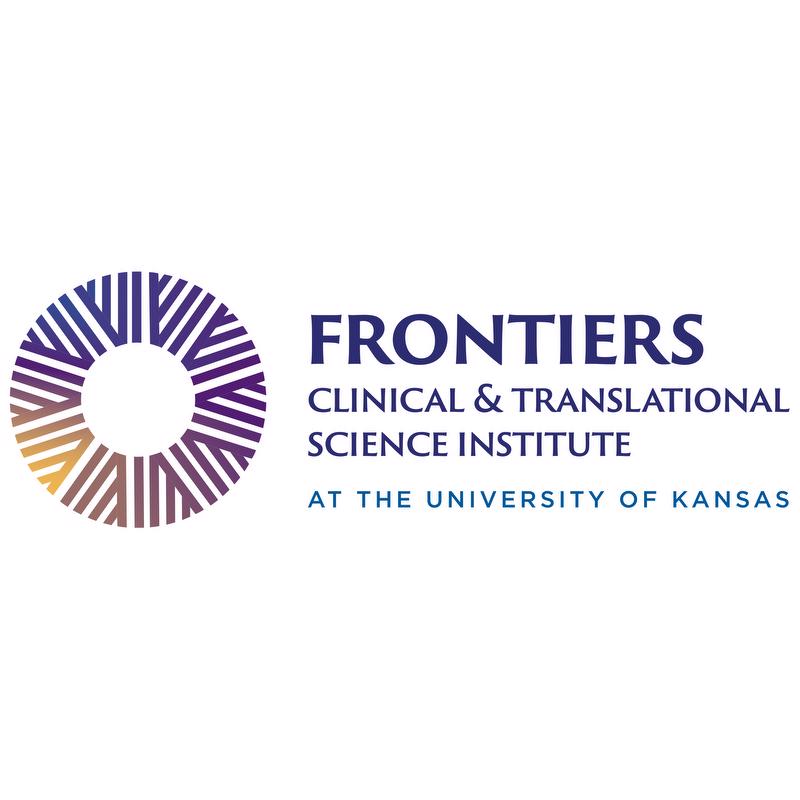 News
News
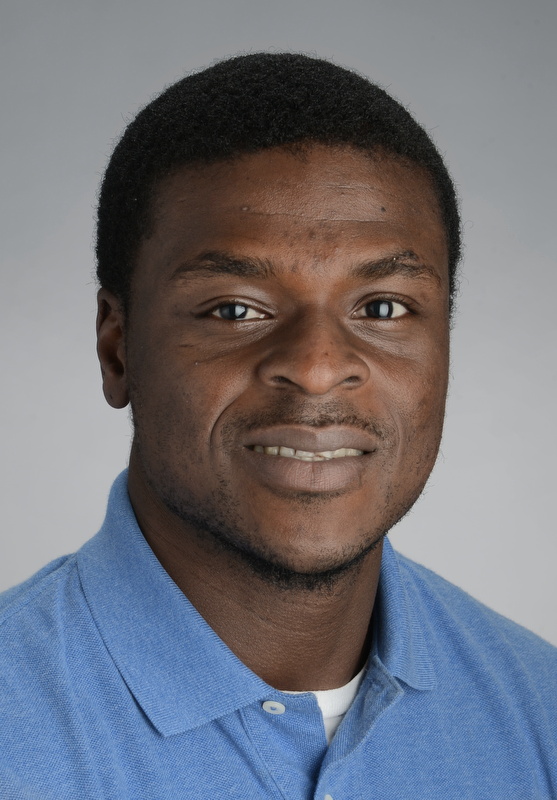 TL1 Trainee · News
TL1 Trainee · News
 News
News
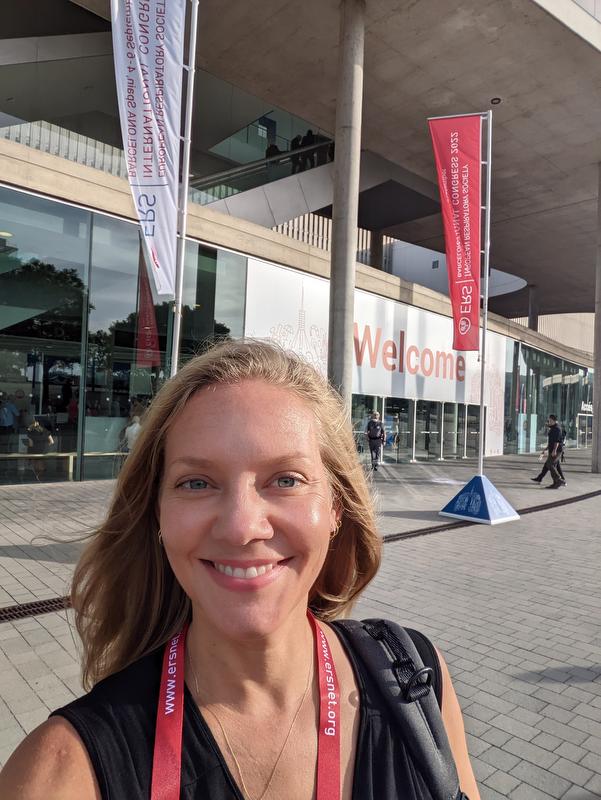 Funded Projects · News
Funded Projects · News
 News · In the Community
News · In the Community
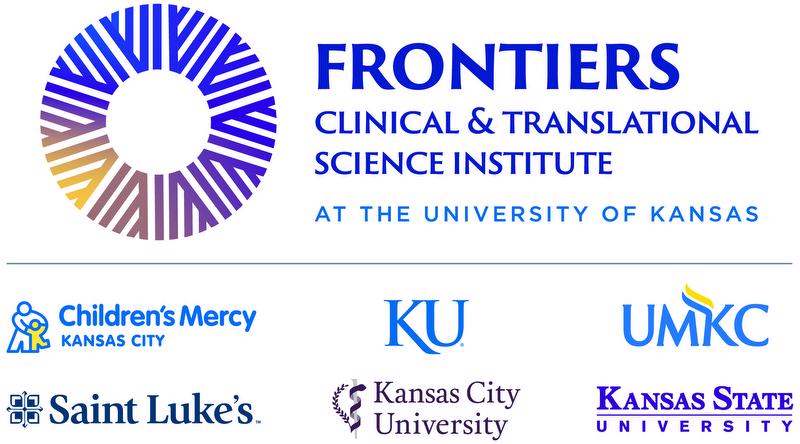 Funded Projects · News
Funded Projects · News
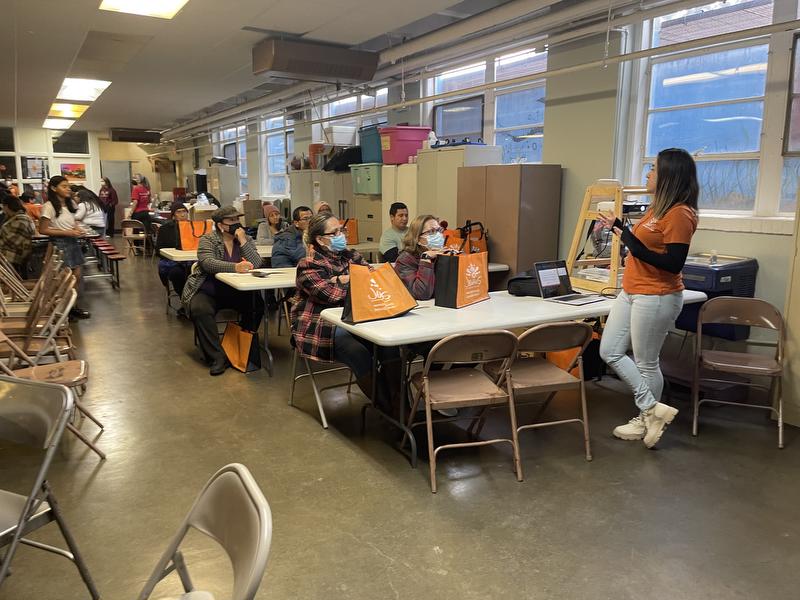 In the Community
In the Community
 News · In the Community · Partner News
News · In the Community · Partner News
 KL2 Scholar · News
KL2 Scholar · News
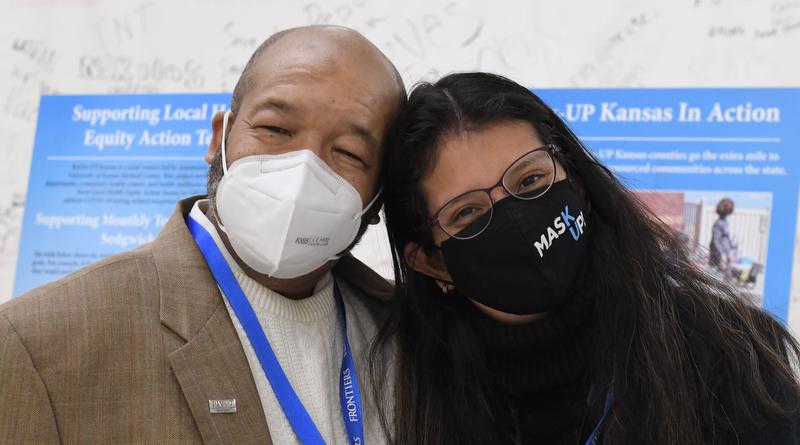 News · In the Community
News · In the Community
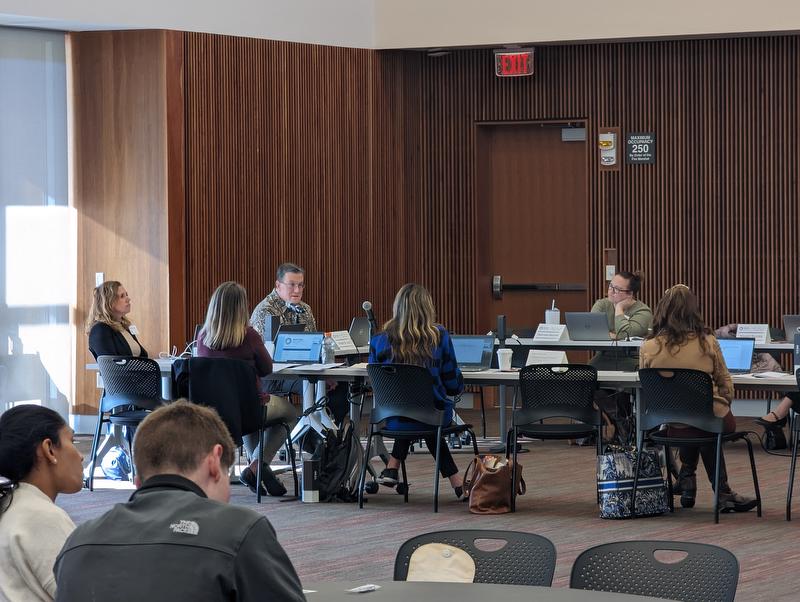 Events · News · Services
Events · News · Services
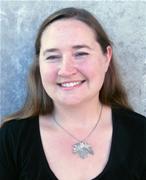 Funded Projects · News
Funded Projects · News
 KL2 Scholar · Funded Projects · News
KL2 Scholar · Funded Projects · News
 TL1 Trainee · Funded Projects · News
TL1 Trainee · Funded Projects · News
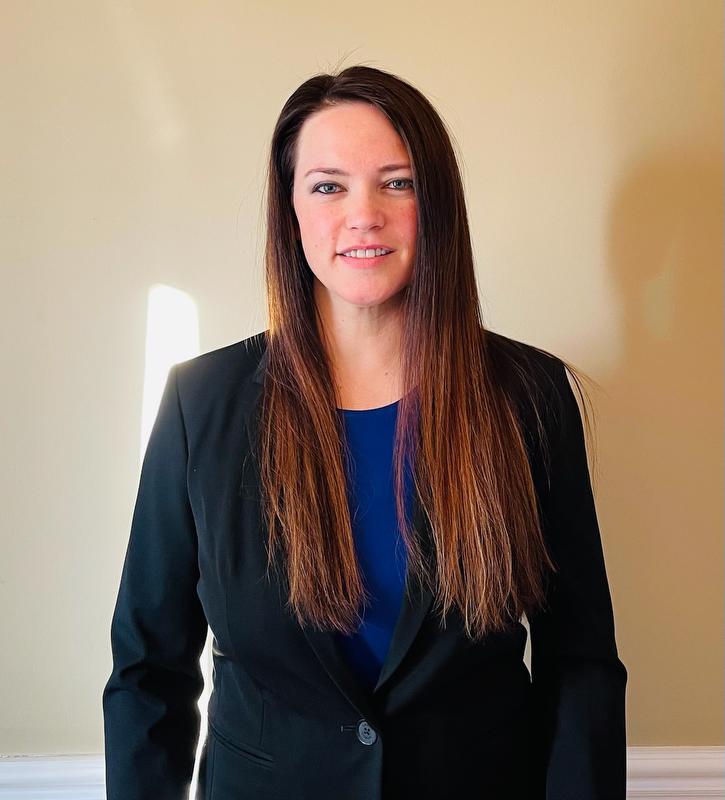 News
News
 News
News
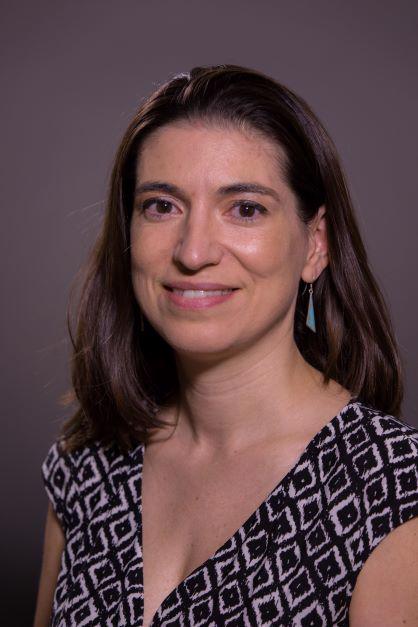 KL2 Scholar · Funded Projects
KL2 Scholar · Funded Projects
 KL2 Scholar · Funded Projects
KL2 Scholar · Funded Projects
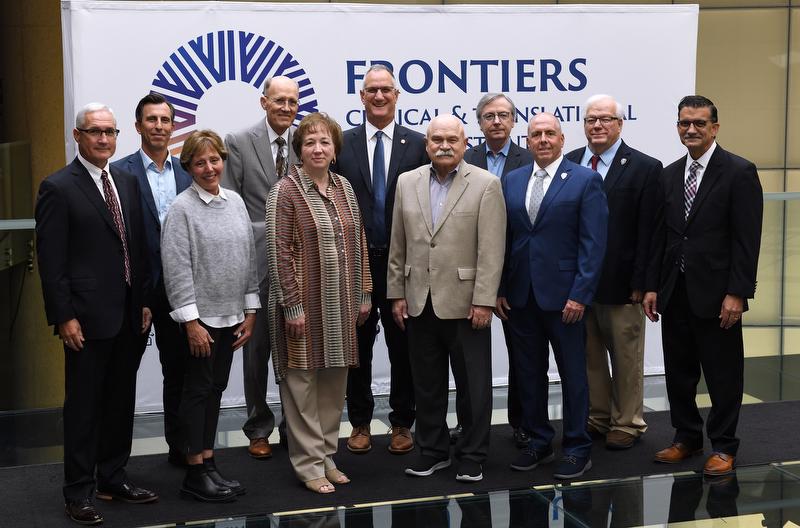 Events · News
Events · News
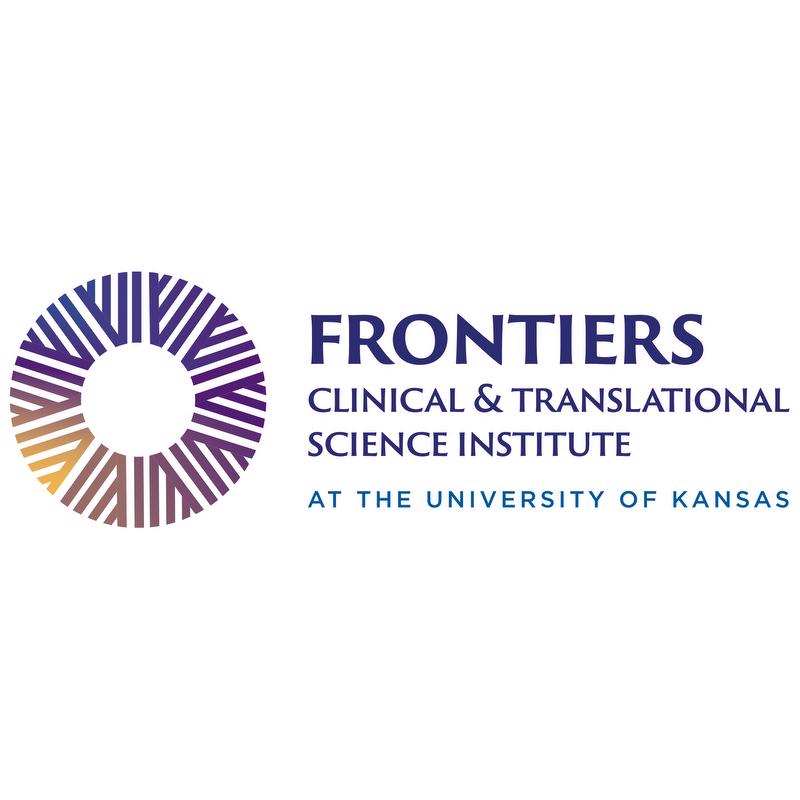 News
News
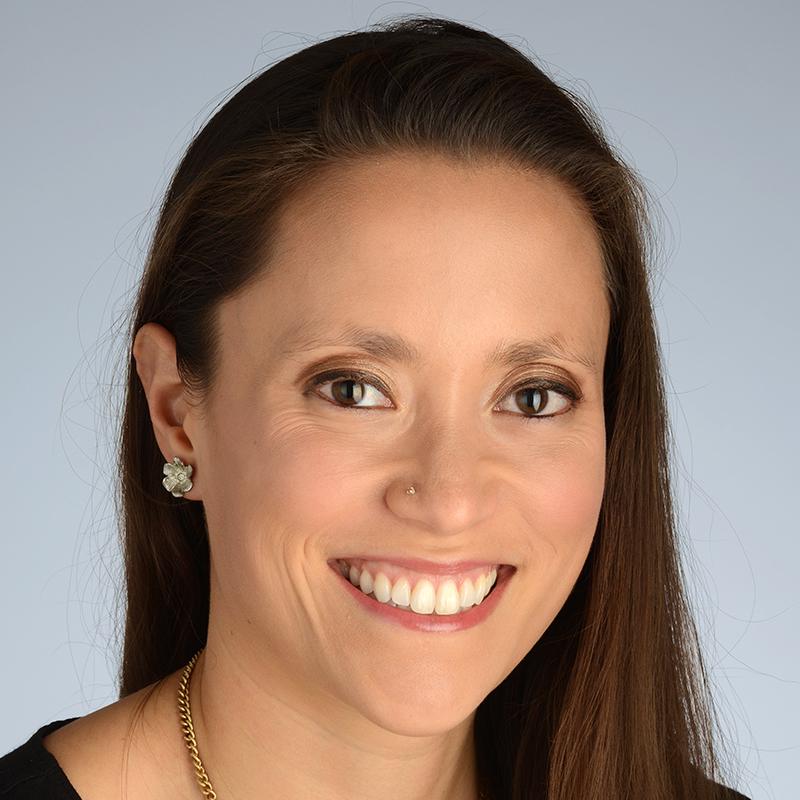 KL2 Scholar · Funded Projects
KL2 Scholar · Funded Projects
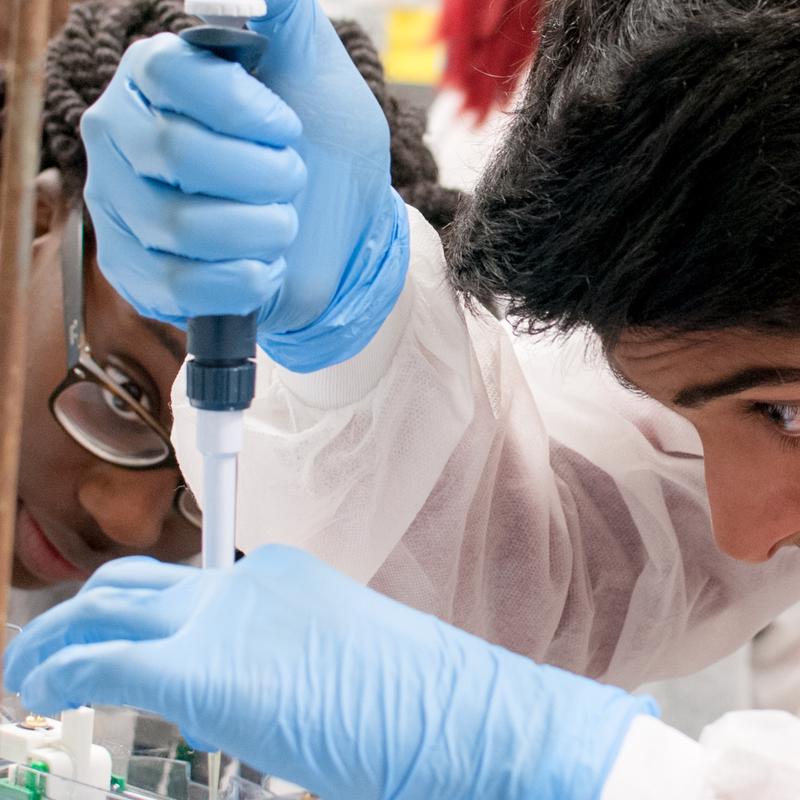 News
News
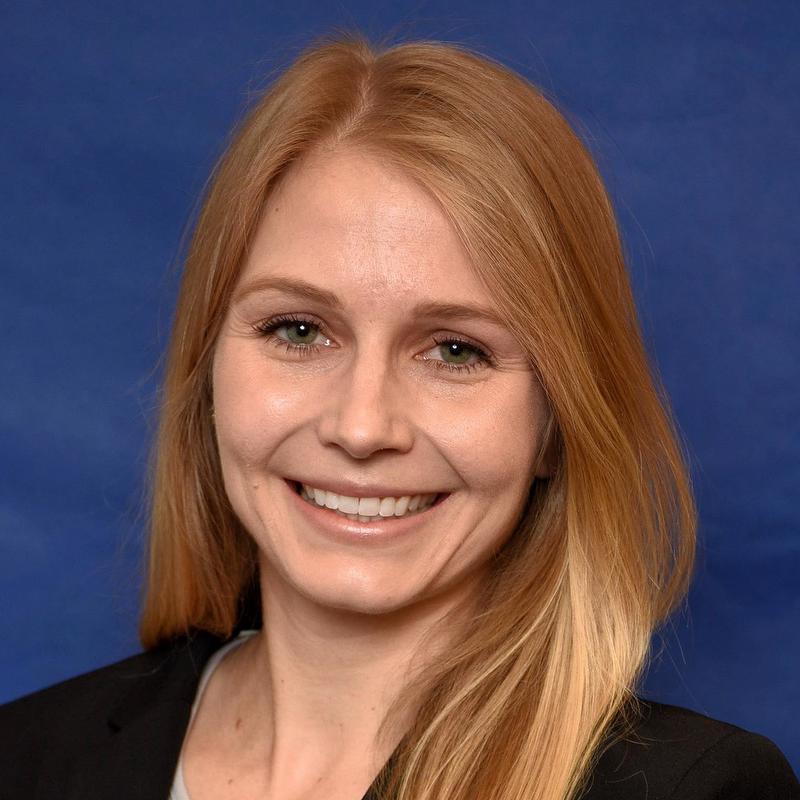 Funded Projects
Funded Projects

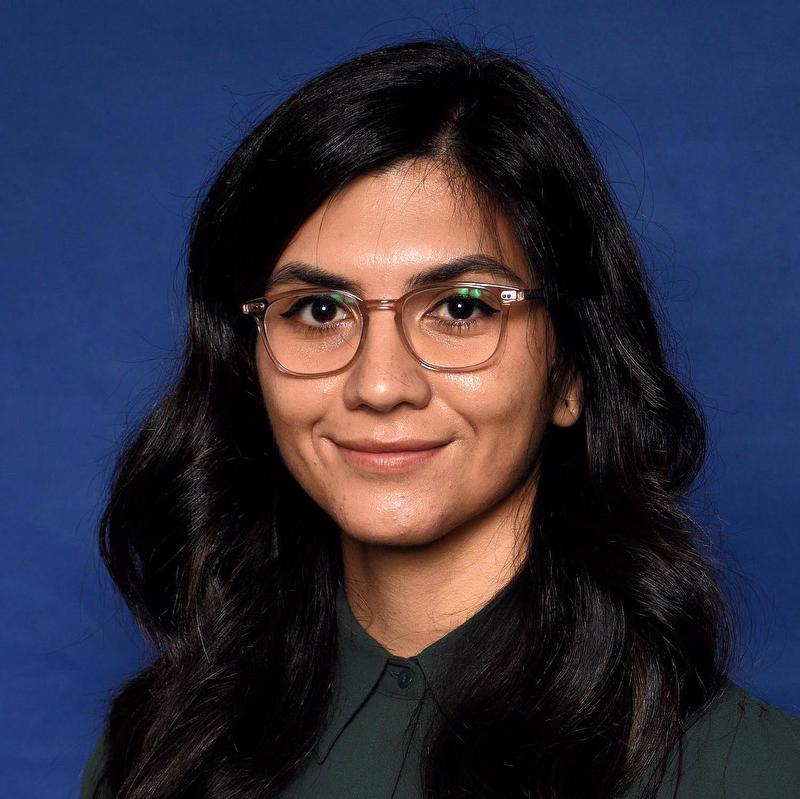 TL1 Trainee
TL1 Trainee
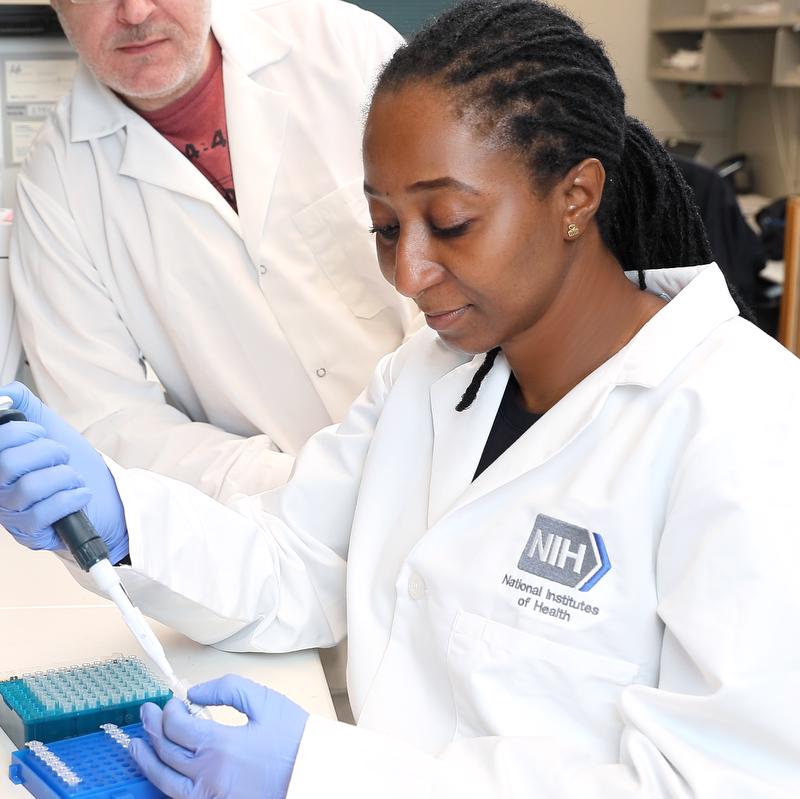 News
News
 Funded Projects
Funded Projects
